Home » Green Marketing Guides for Eco Friendly Promotional Items »
How to Market Using Eco-Friendly Promotional Products
Last Updated: 18 July 2025
As businesses strive to outshine their competitors, they must be more inventive. A powerful way to stand out is by using promotional eco-friendly products. This not only gives companies a unique edge but also meets the rising demand for sustainable marketing. Let’s explore how to market effectively with eco-friendly promotional products.
Key Takeaways:
– Eco-friendly promotional products help businesses differentiate from competitors and gain market advantage.
– Companies must ensure all eco-friendly items meet sustainability and ethics standards before purchasing.
– To achieve success, businesses should research suppliers, identify suitable distribution channels, and customize messages for individual customers.
What are Eco-Friendly Promotional Products?
Eco-friendly promotional products are sustainable items businesses use to promote their services. Examples include reusable bags, organic tees, and recycled plastic water bottles. These items demonstrate a company’s commitment to the environment while passing that message to potential customers.
Before selecting any eco-friendly promotional product, businesses must verify that it meets specific sustainability standards. This ensures their products are not only eco-friendly but also responsibly made and aligned with customer expectations.
Using eco-friendly promotional products offers several benefits. Customers view brands that embrace sustainable marketing initiatives positively, which can lead to increased sales and loyalty. Additionally, these products often cost less than traditional options, allowing businesses to save money while making an impact.
Eco-friendly materials also provide a broad range of design options compared to traditional items. This variety allows businesses to create unique and captivating campaigns that set their brand apart.
Tips for Marketing with Eco-Friendly Promotional Products
Once you’ve chosen an eco-friendly promotional product, consider these tips for effective marketing:
1. Use Quality Materials: Focus on quality by researching manufacturers before selecting a supplier. Ensure that the materials used meet sustainability and ethics standards.
2. Focus on Distribution Channels: The effectiveness of your distribution channels is crucial—research which channels align with your target audience. For instance, if you’re targeting millennials, consider using Instagram.
3. Create Customized Messages: Personalize your communication to resonate with recipients. Incorporate names into designs and tailor copy to different audiences. Customization fosters meaningful connections, leading to higher customer satisfaction and loyalty.
Conclusion
Using eco-friendly promotional items can give companies a competitive edge while enhancing their public image. Businesses should research suppliers, identify suitable distribution channels, and customize messages to maximize campaign success financially and ethically.


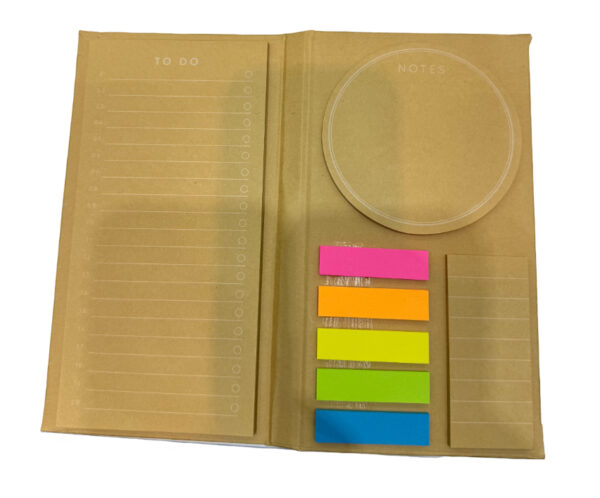

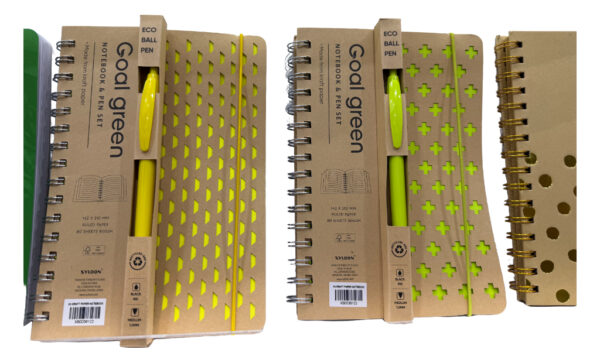




 Sale
Sale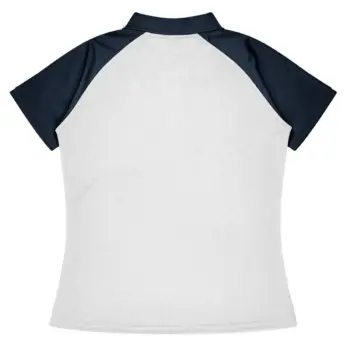
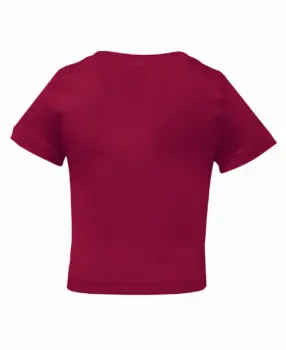
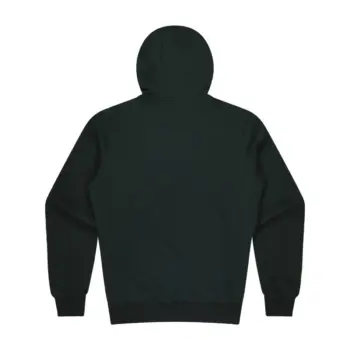
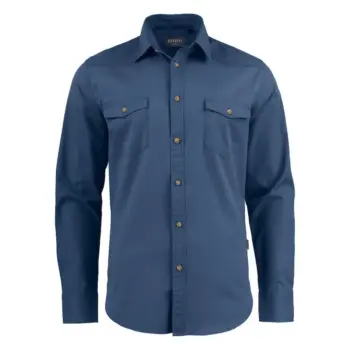

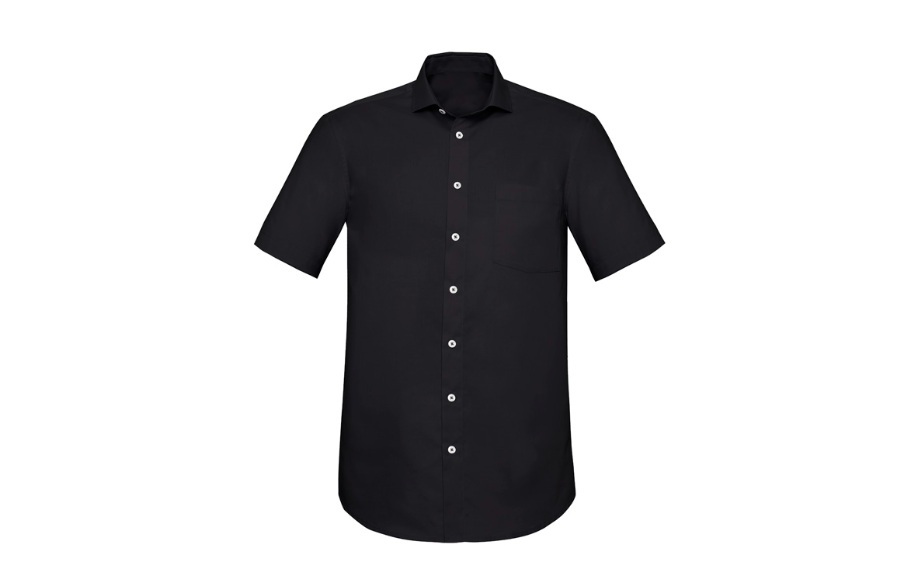 Corporate Uniforms
Corporate Uniforms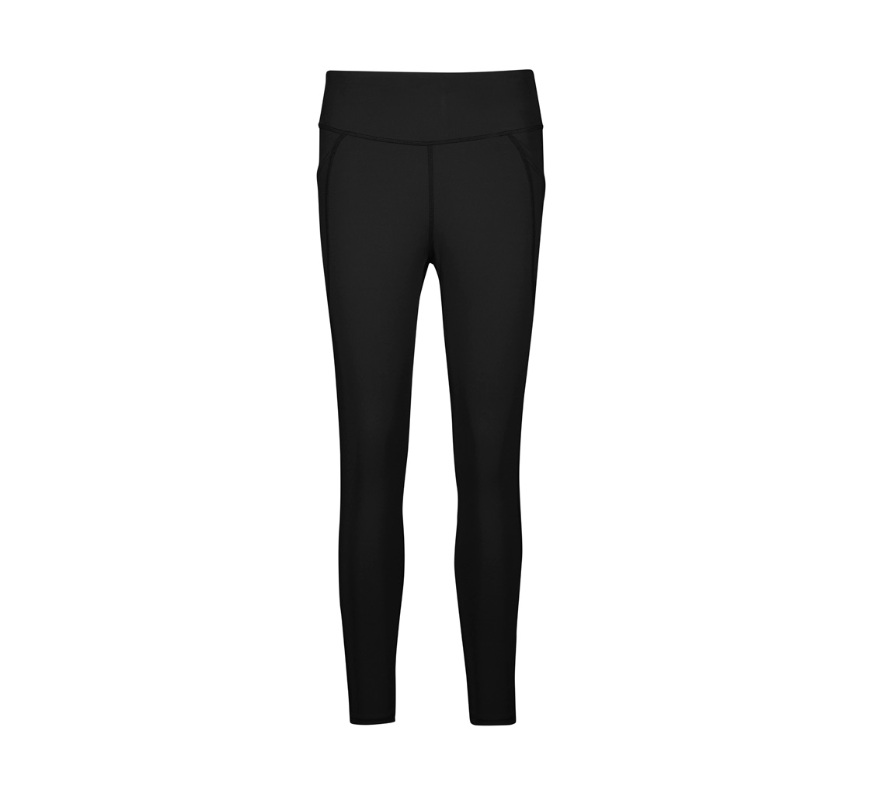 Eco Apparel
Eco Apparel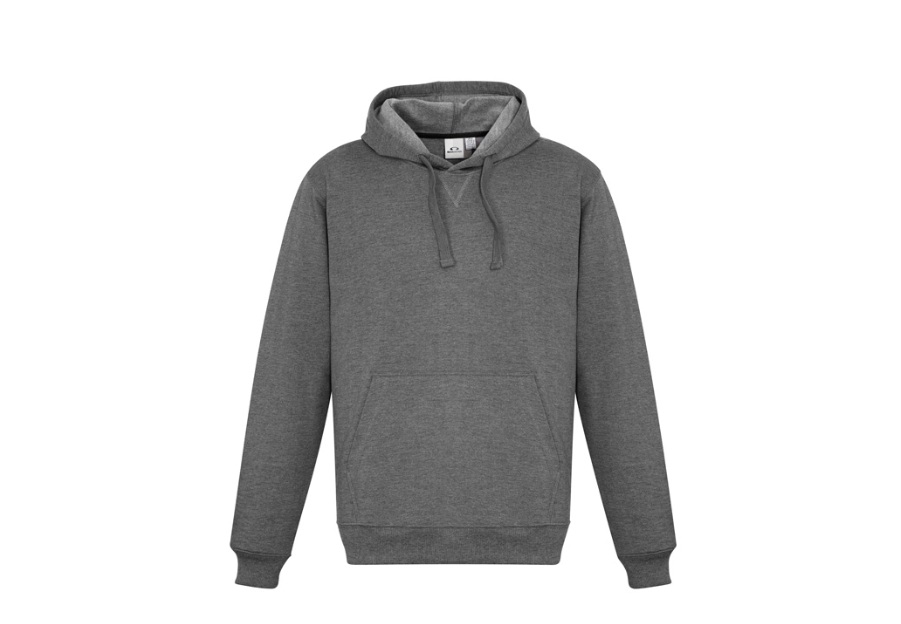 Hoodies & Sweaters
Hoodies & Sweaters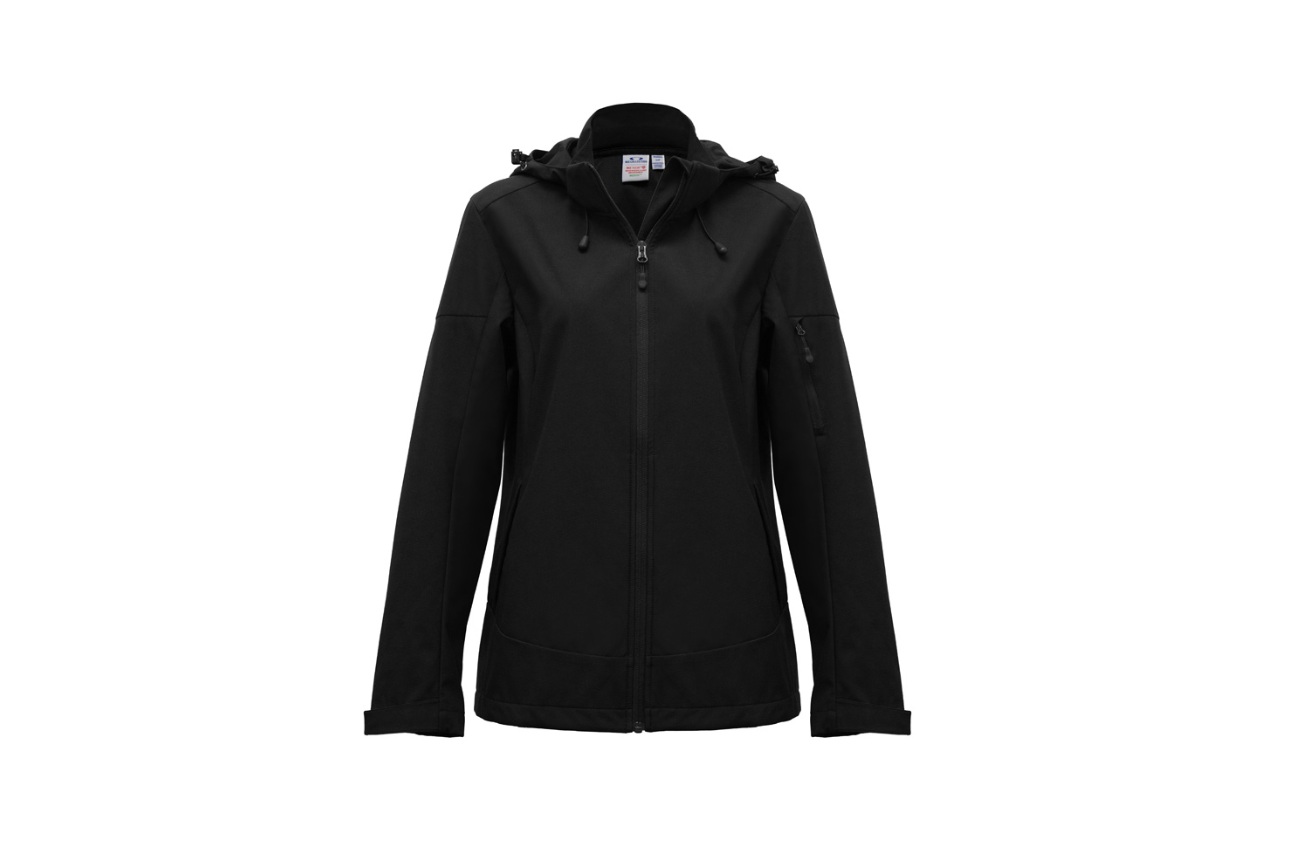 Jackets
Jackets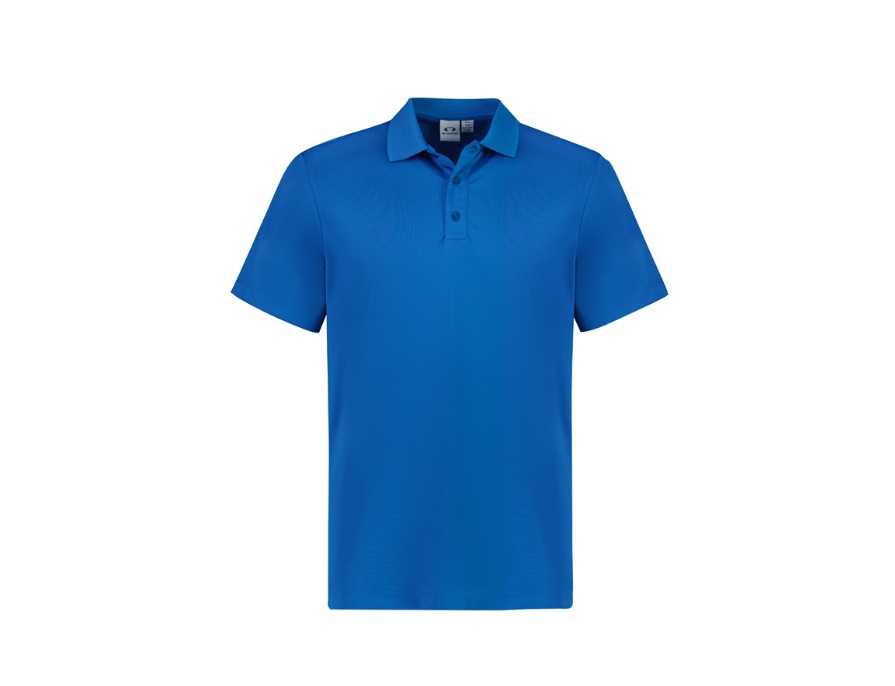 Kids' Clothes
Kids' Clothes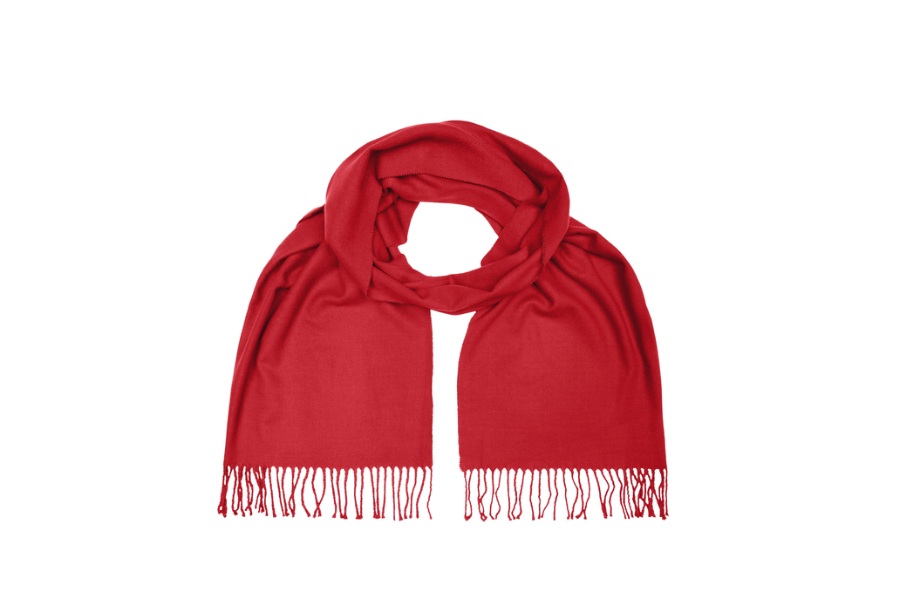 Other Apparel
Other Apparel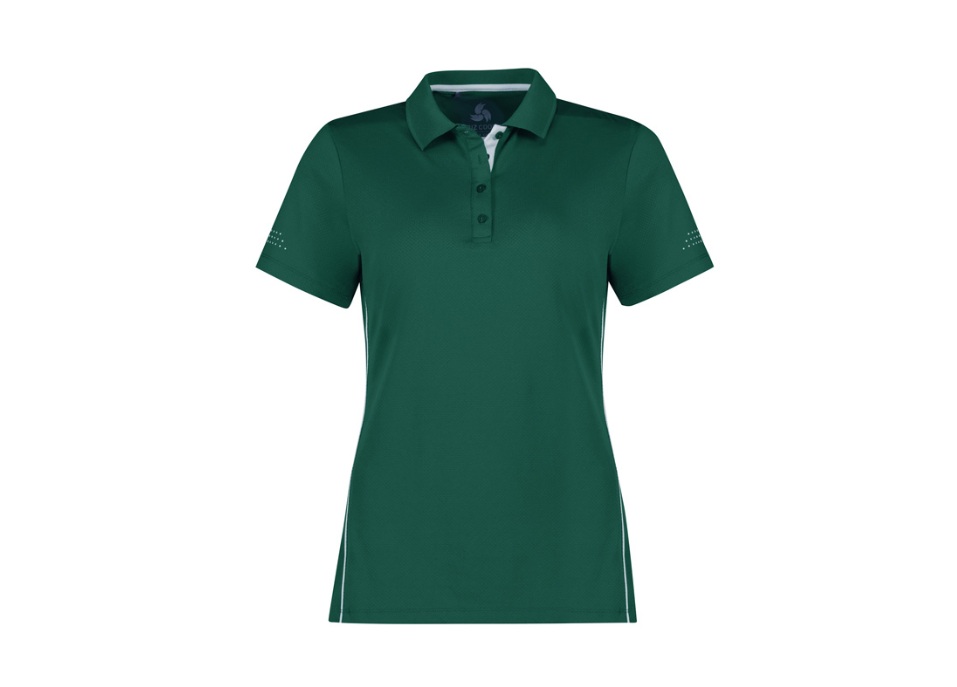 Polo Shirts
Polo Shirts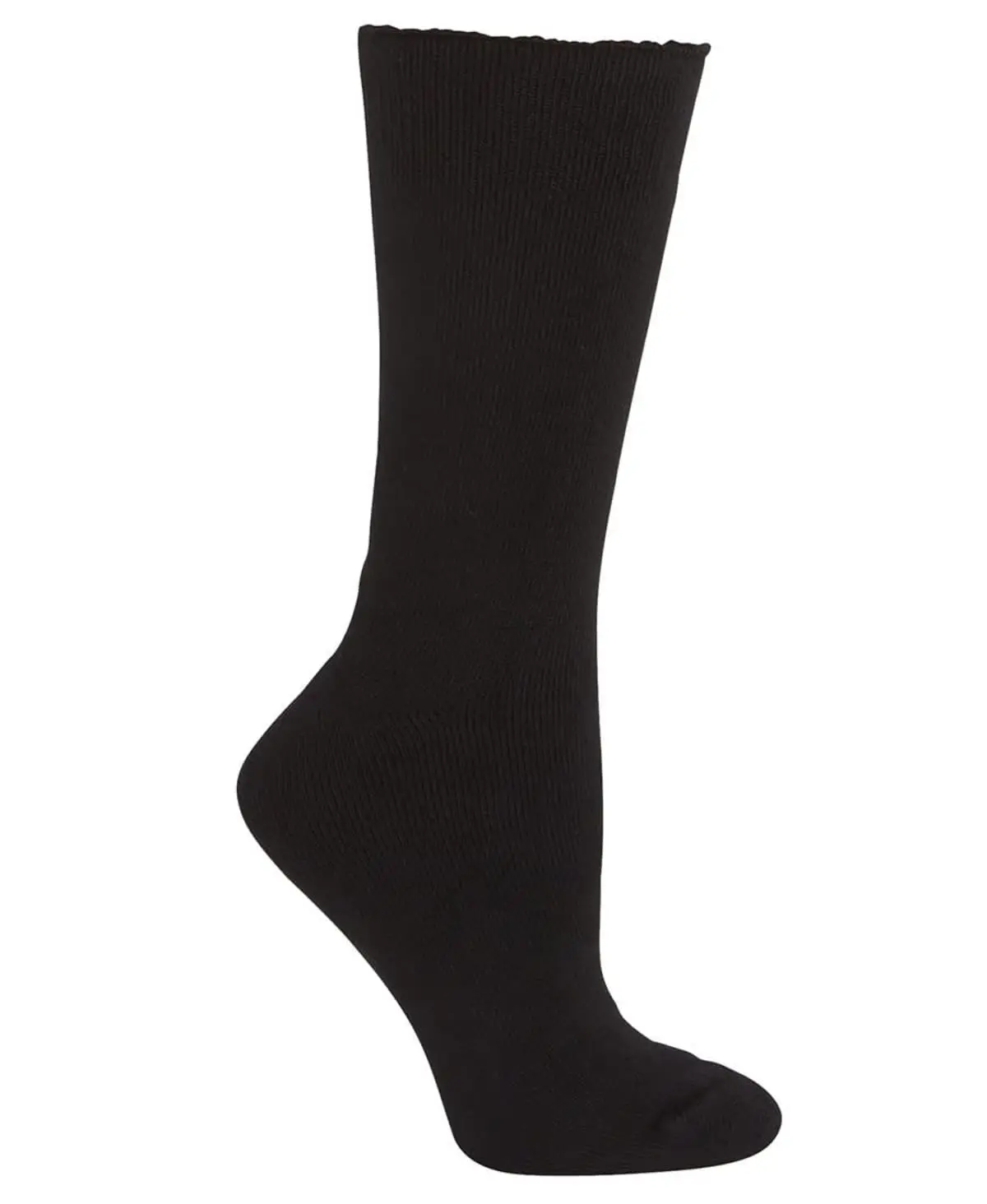 Socks
Socks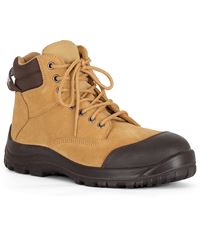 Shoes
Shoes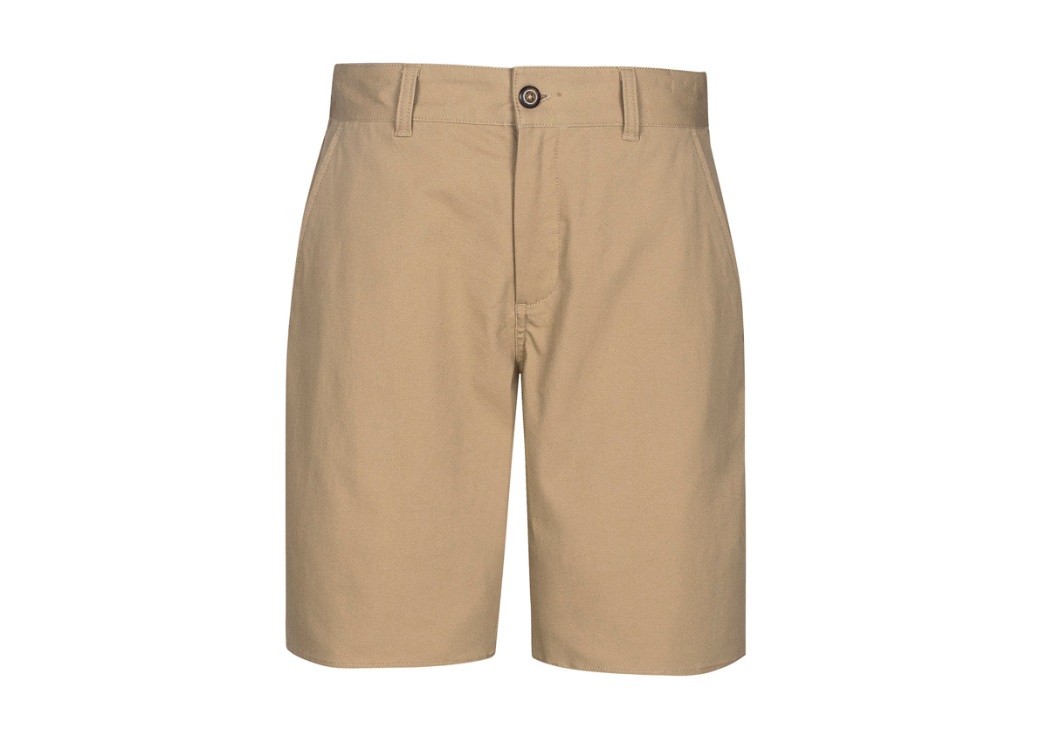 Sports Bottoms
Sports Bottoms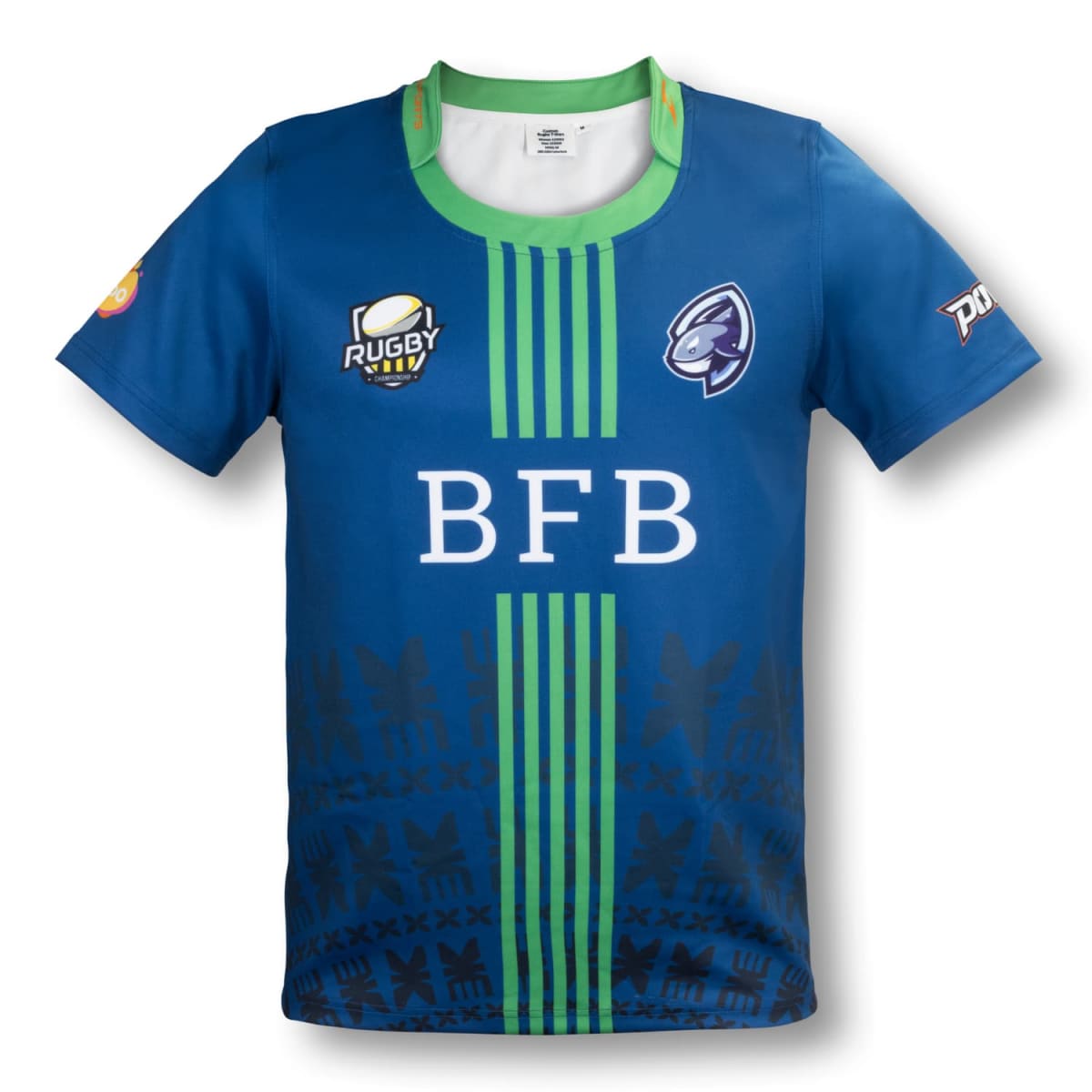 Sports Uniforms
Sports Uniforms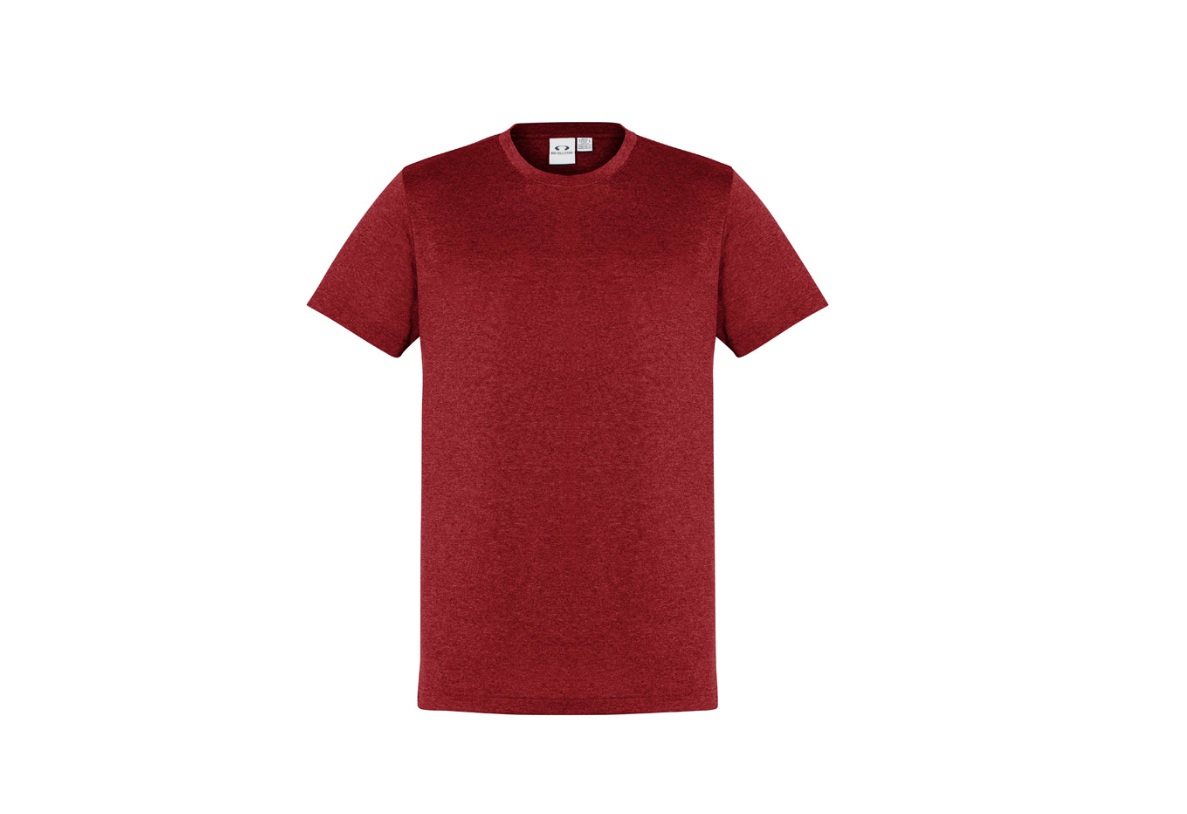 Tee Shirts
Tee Shirts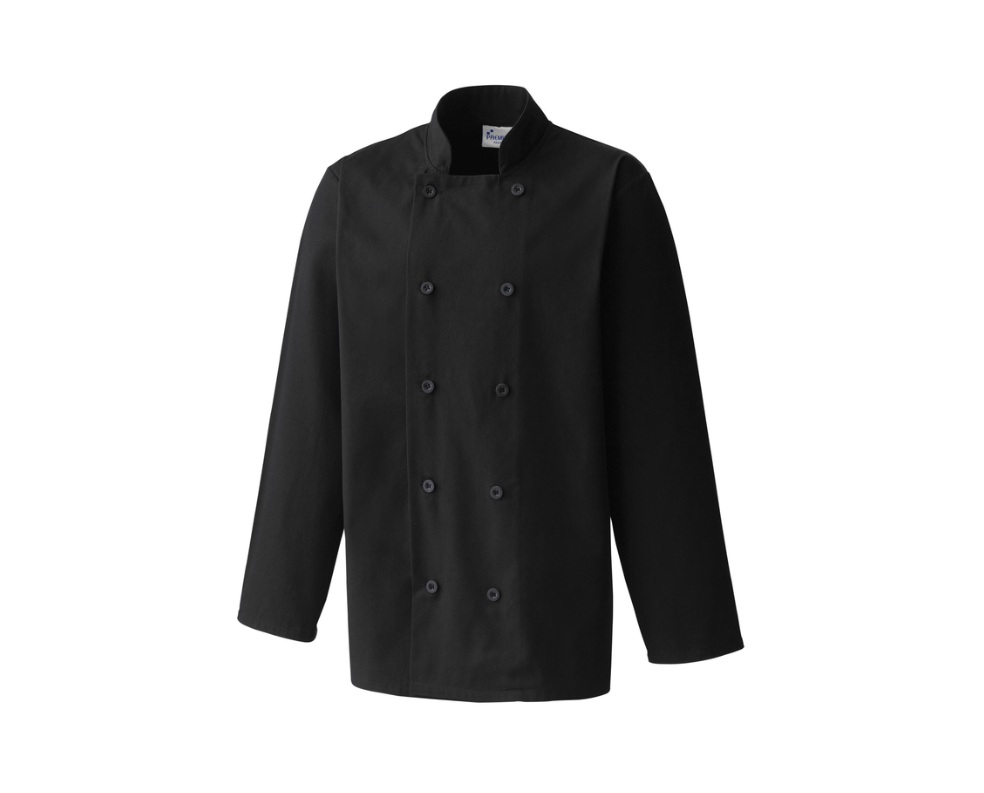 Workwear
Workwear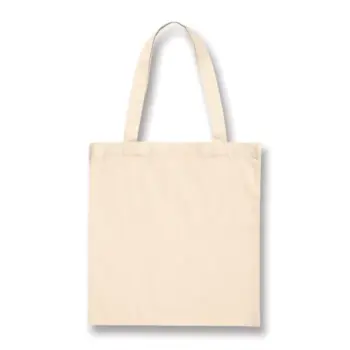

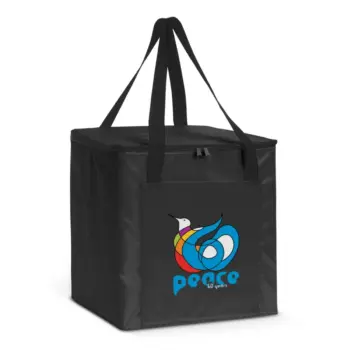
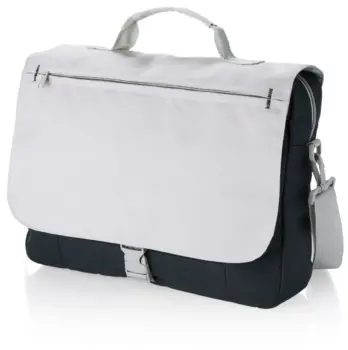
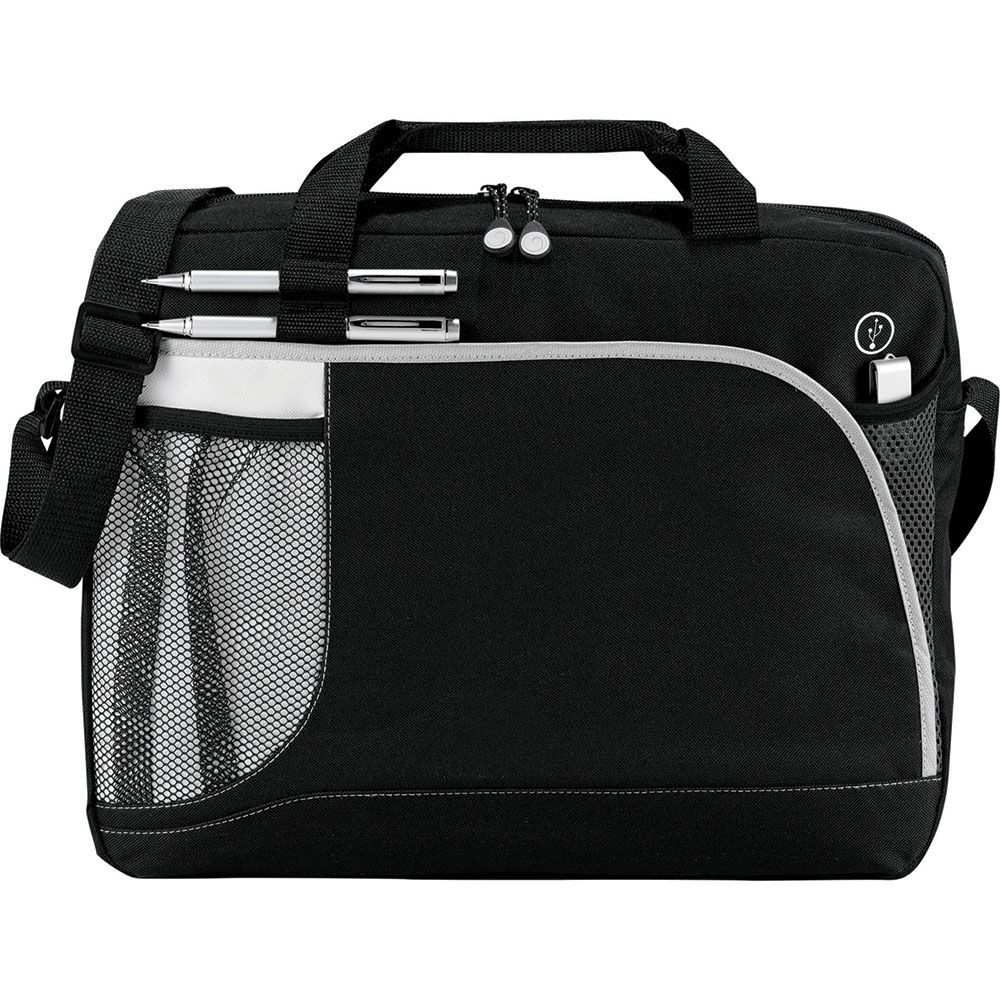 Briefcases
Briefcases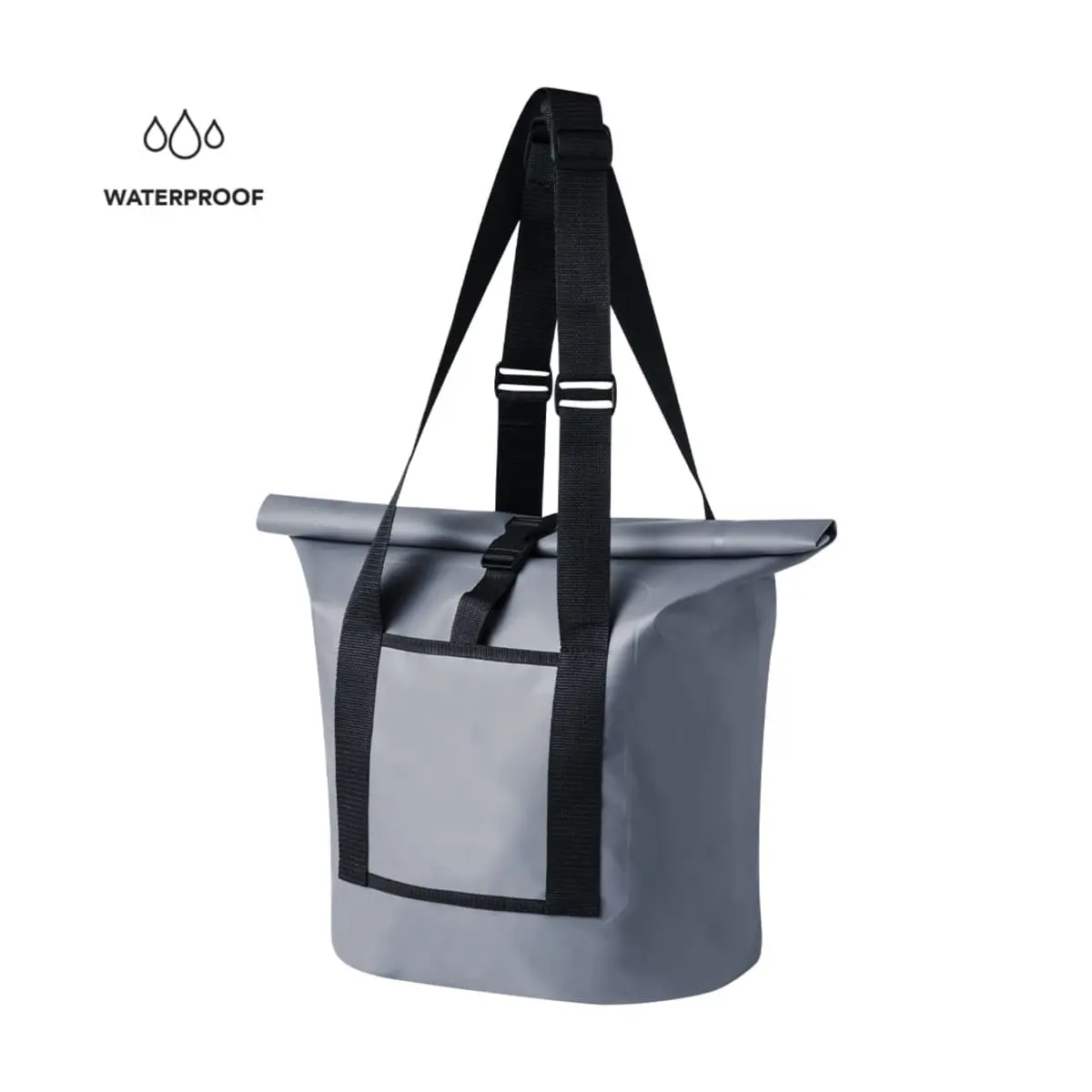 Dry Bags
Dry Bags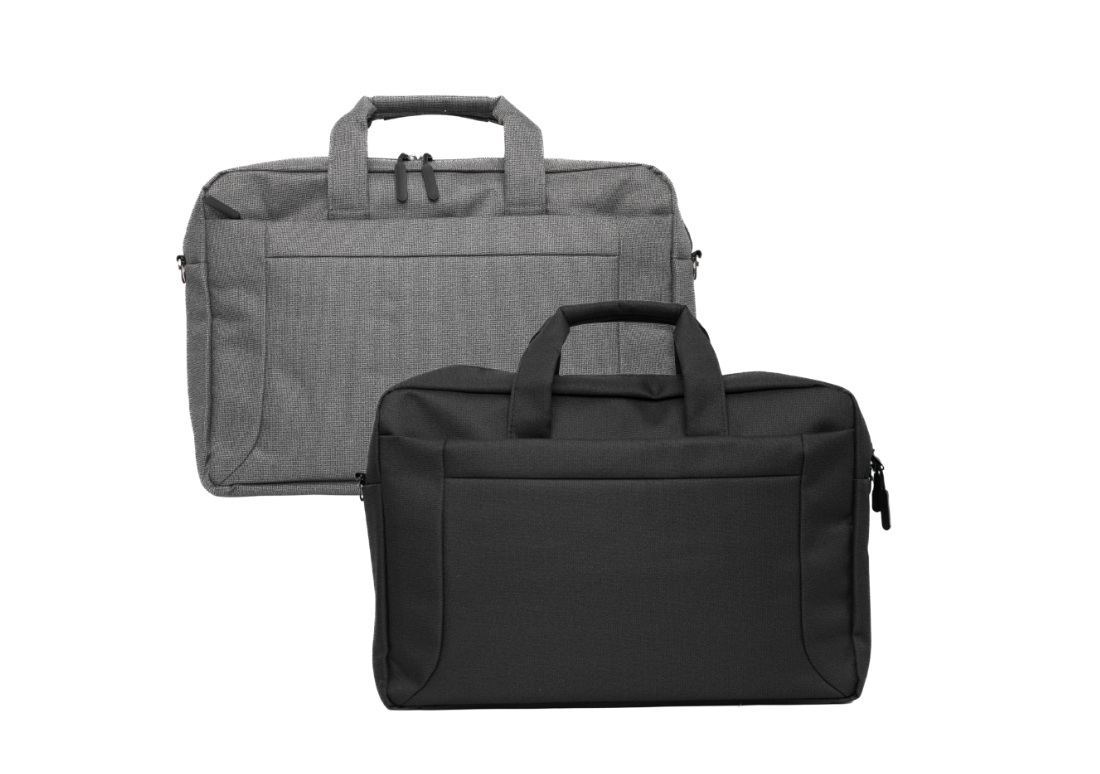 Laptop
Laptop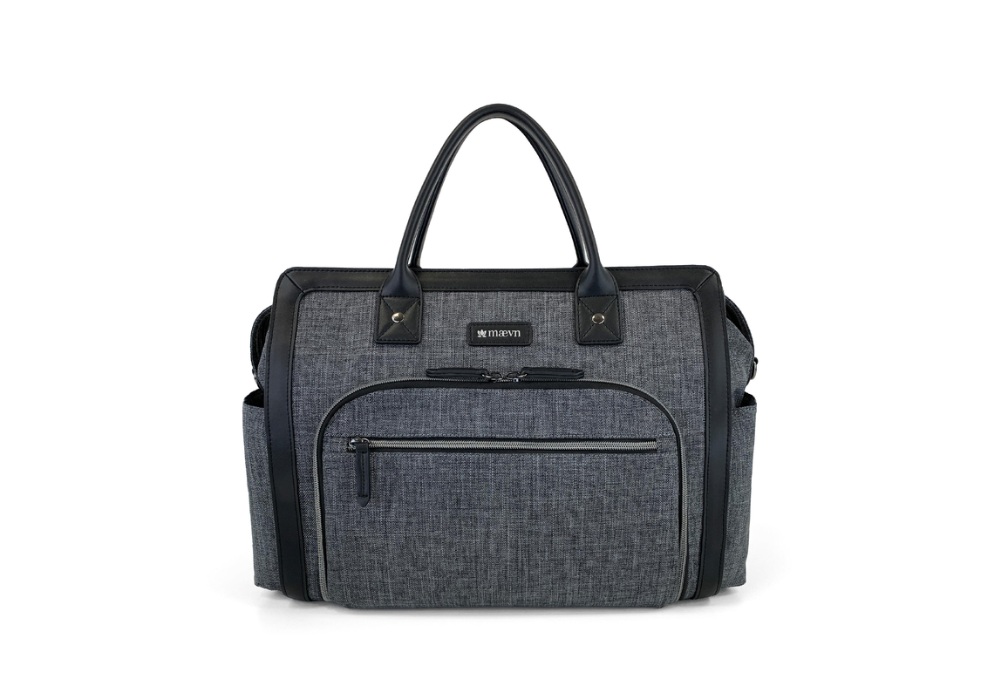 Satchels
Satchels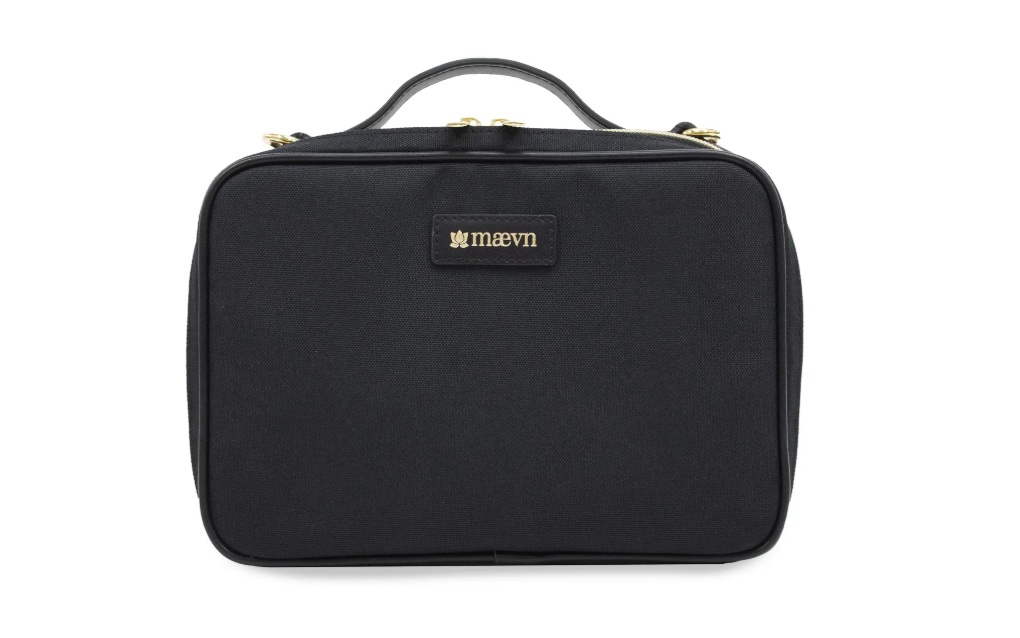 Specialised Bags
Specialised Bags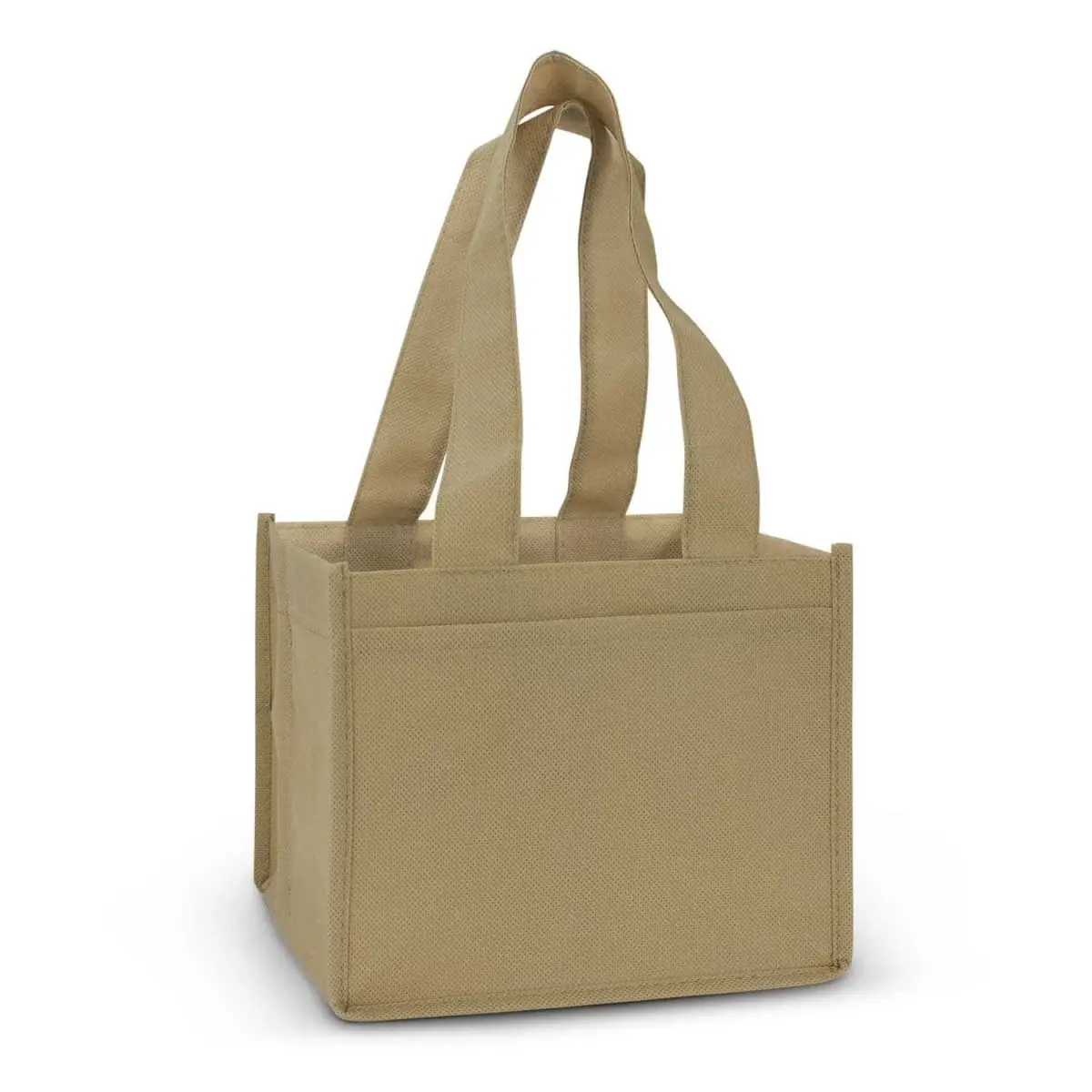 Tote Bags
Tote Bags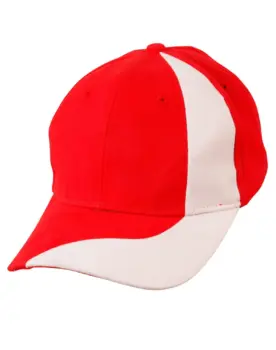
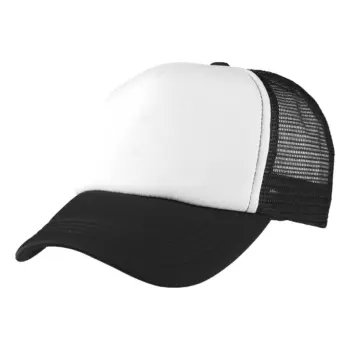

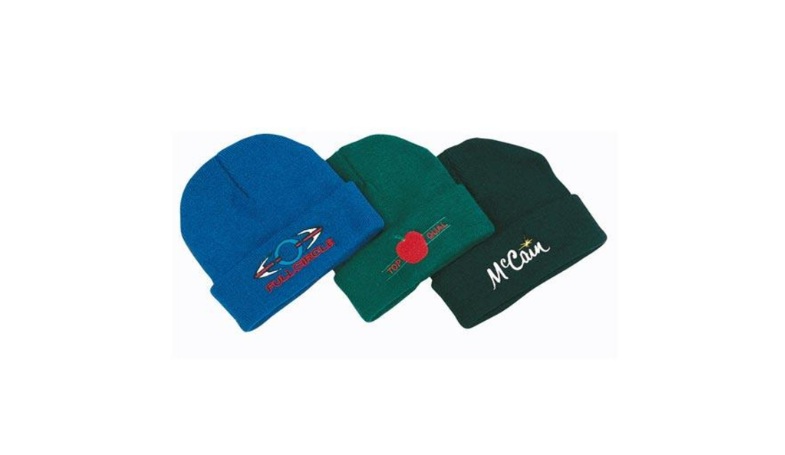 Beanies
Beanies Caps
Caps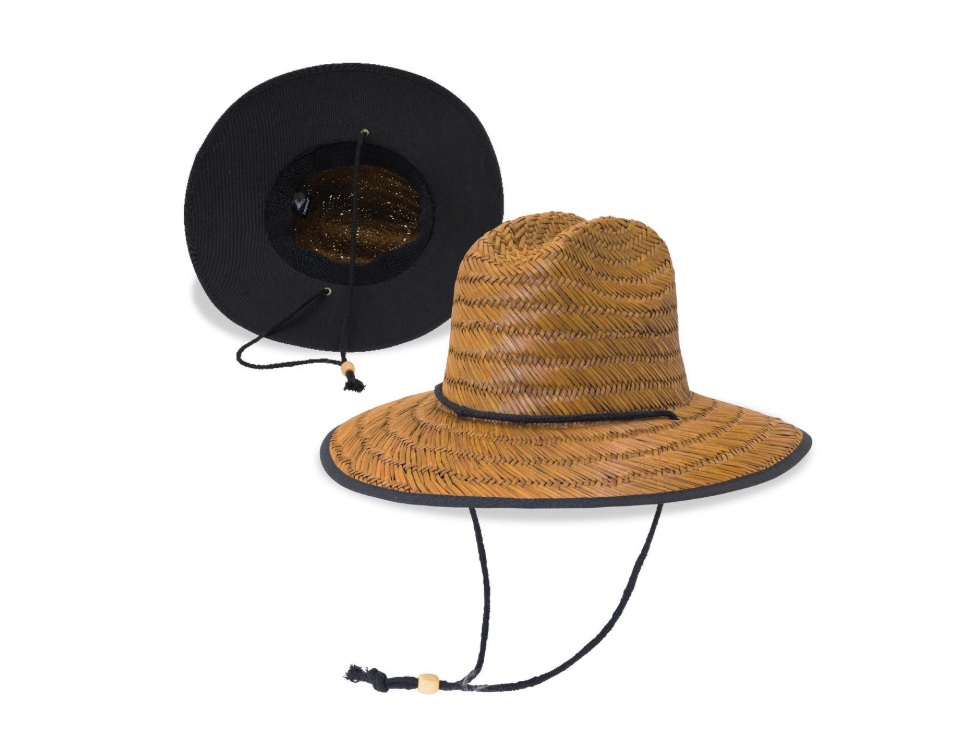 Straw Hats
Straw Hats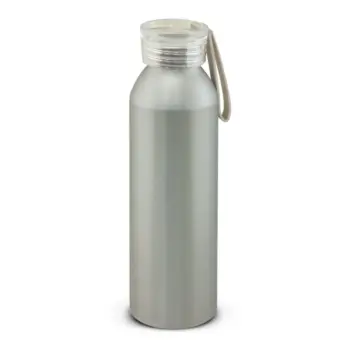
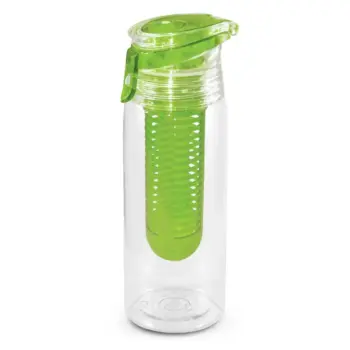
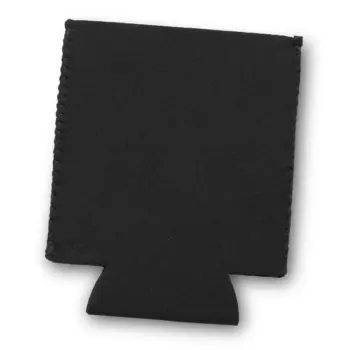
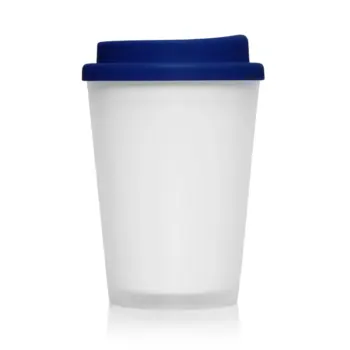
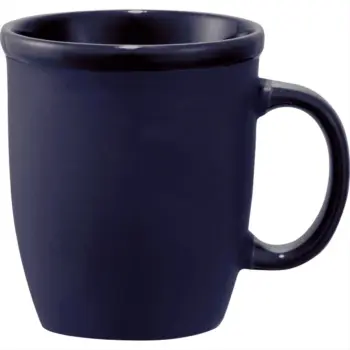
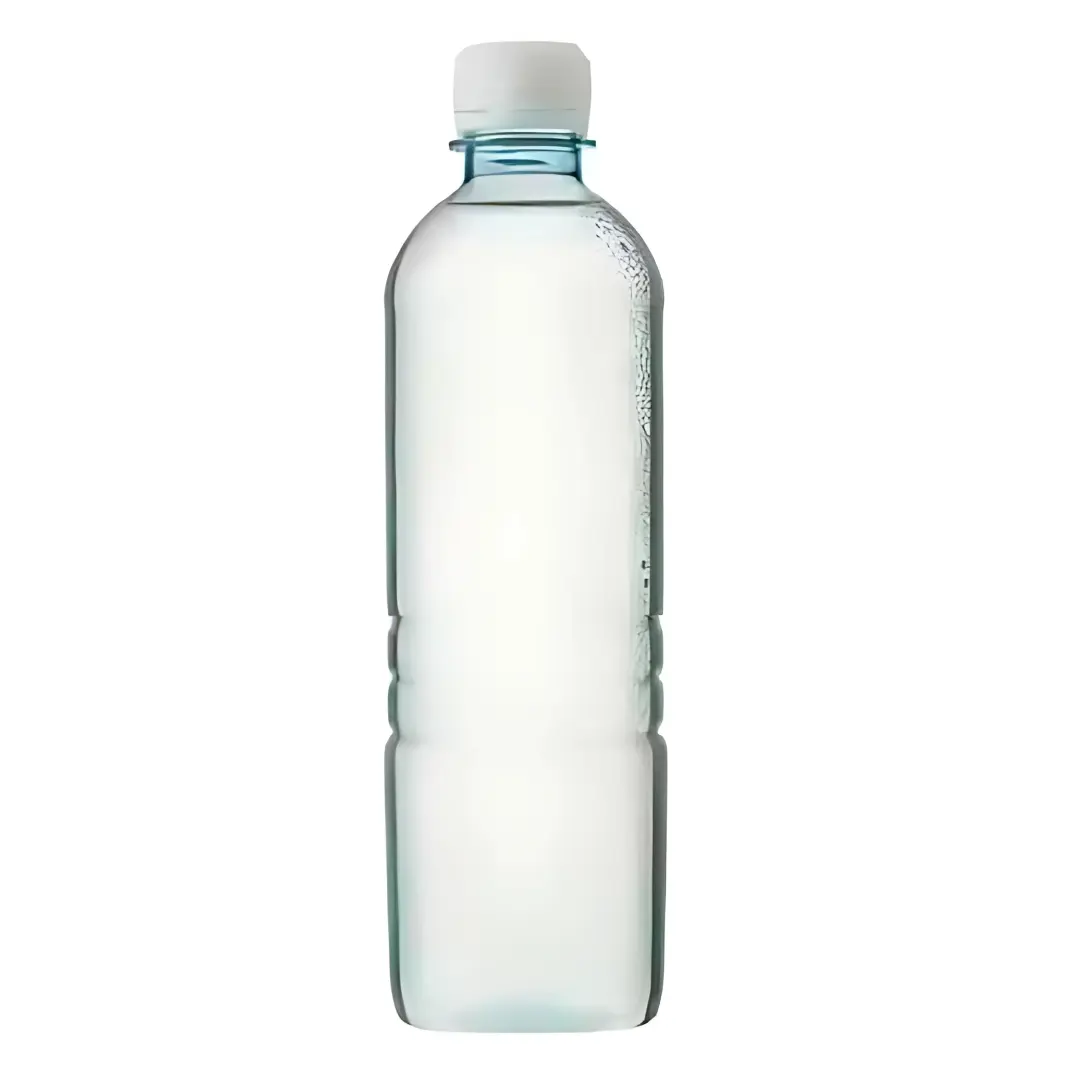 Bottled Water
Bottled Water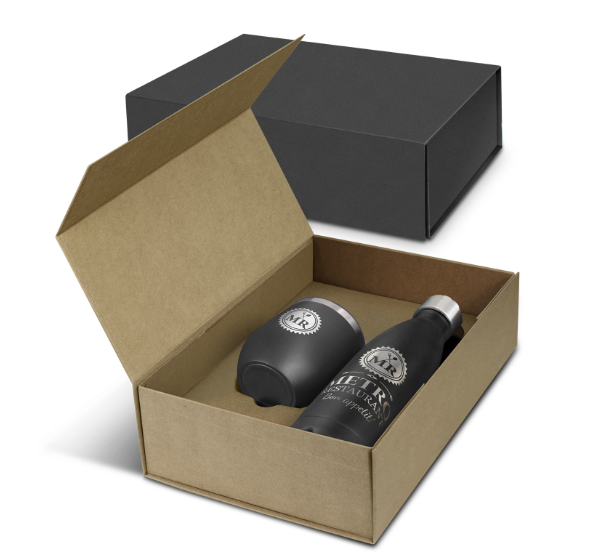 Drinkware Gift Sets
Drinkware Gift Sets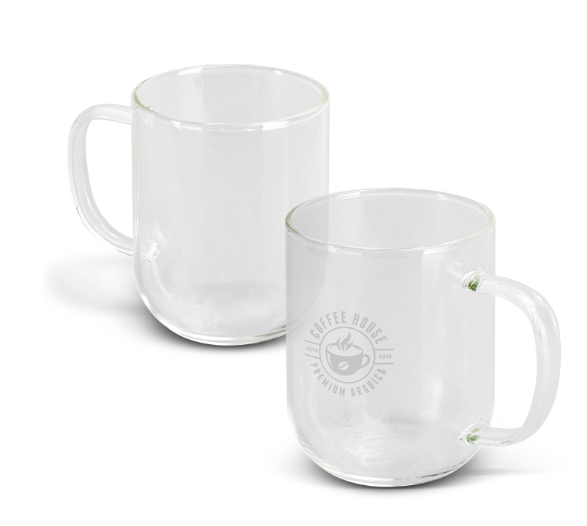 Glass & Poly Cups
Glass & Poly Cups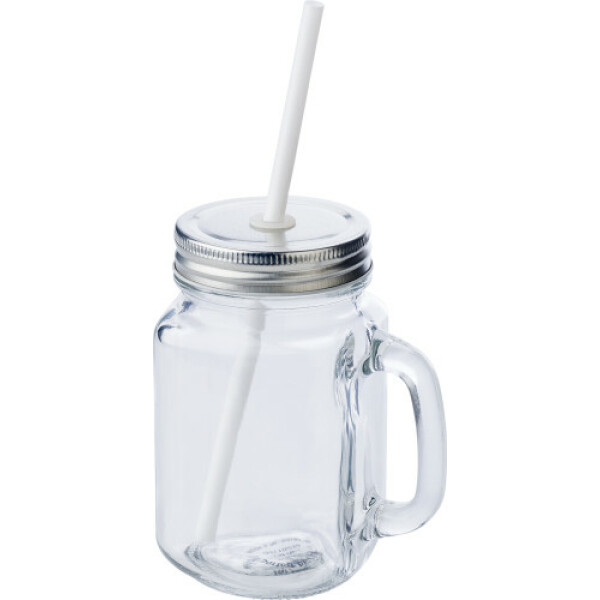 Mason Jars
Mason Jars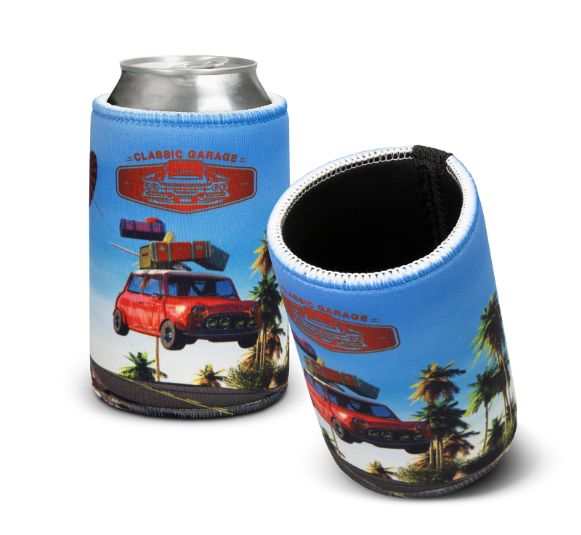 Stubby | Bar & Drinkware
Stubby | Bar & Drinkware Wines
Wines



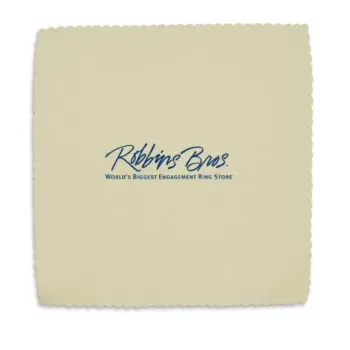
 Business Card Holders
Business Card Holders IT Gift Sets
IT Gift Sets Tech Computers
Tech Computers
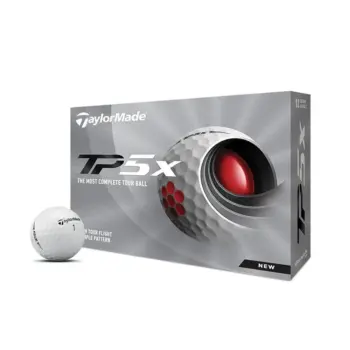


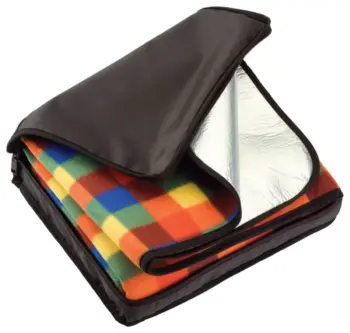
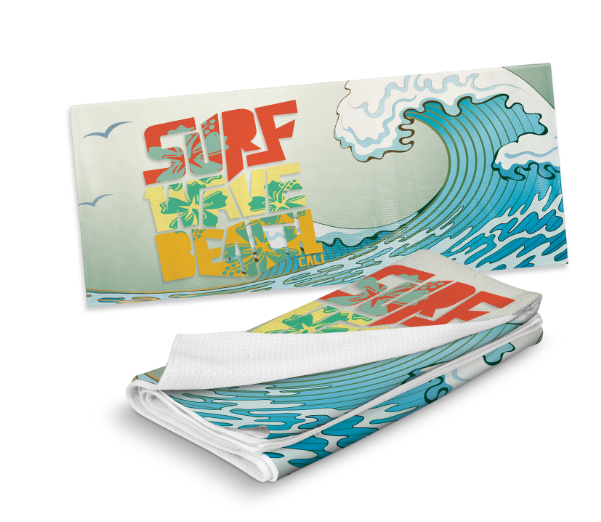 Beach Towels
Beach Towels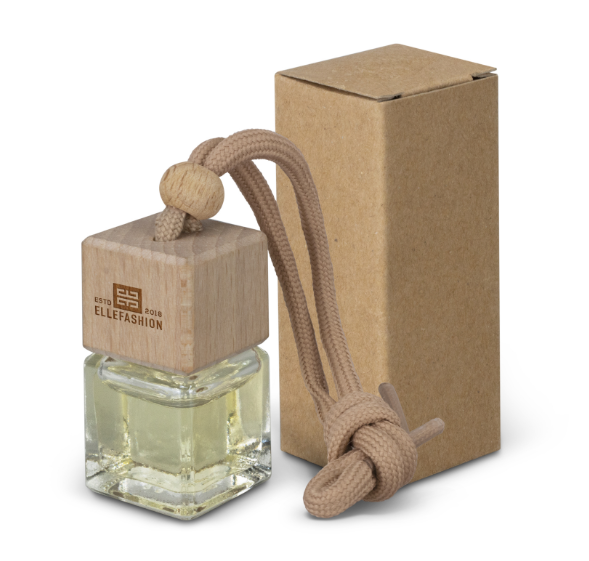 Car Accessories
Car Accessories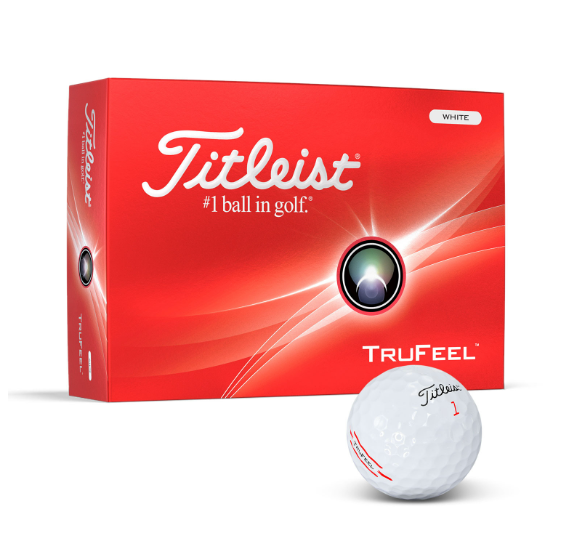 Golf
Golf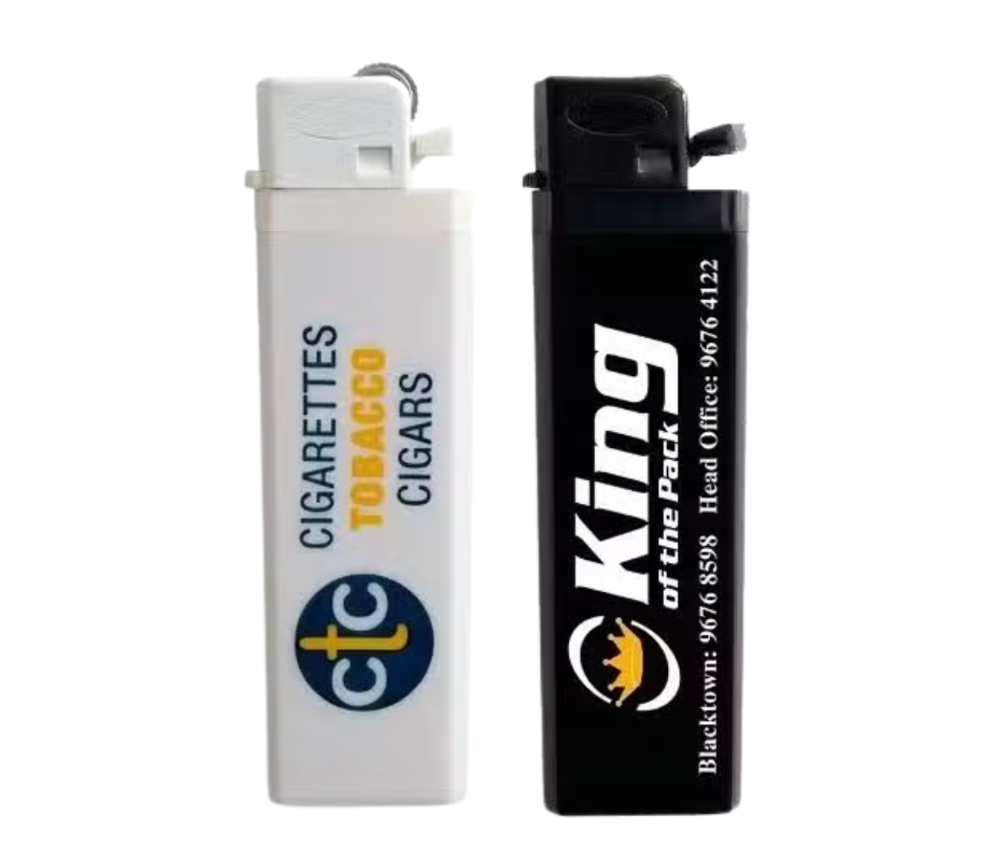 Lighters
Lighters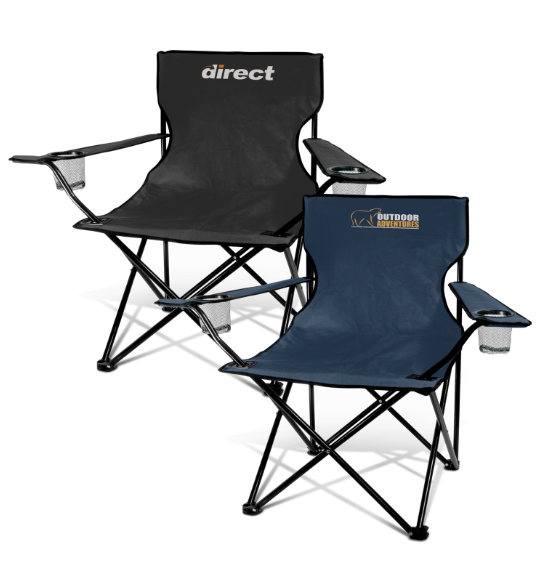 Picnic Gear
Picnic Gear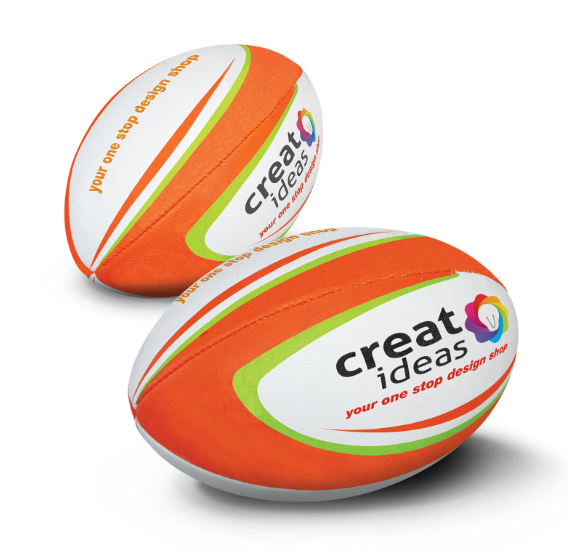 Sports Items
Sports Items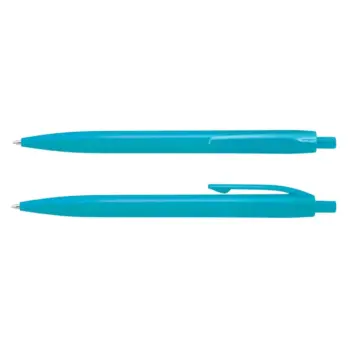
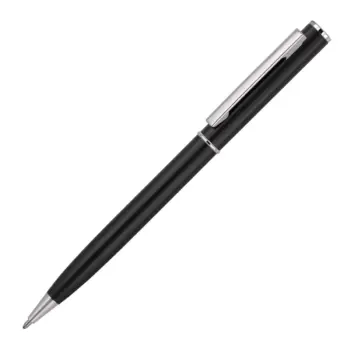
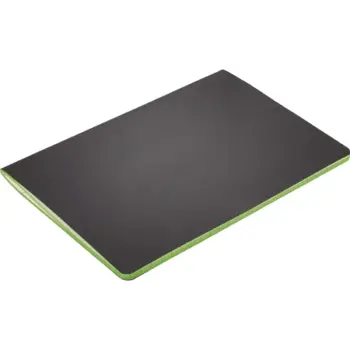
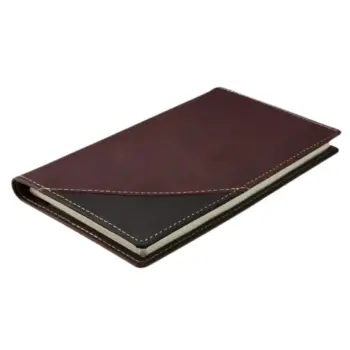
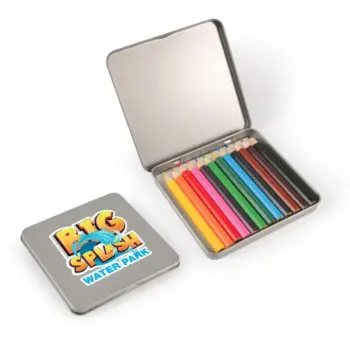
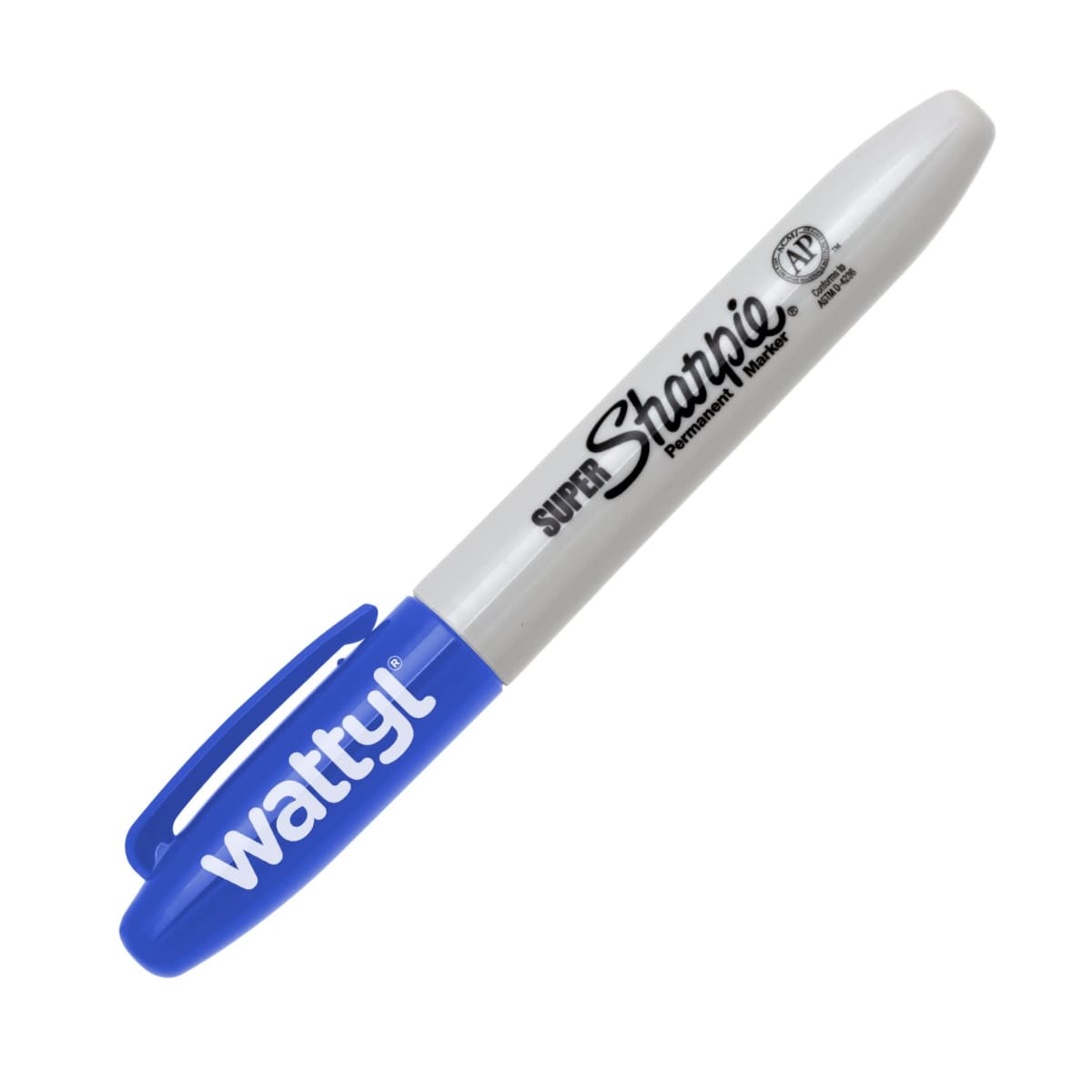 Markers
Markers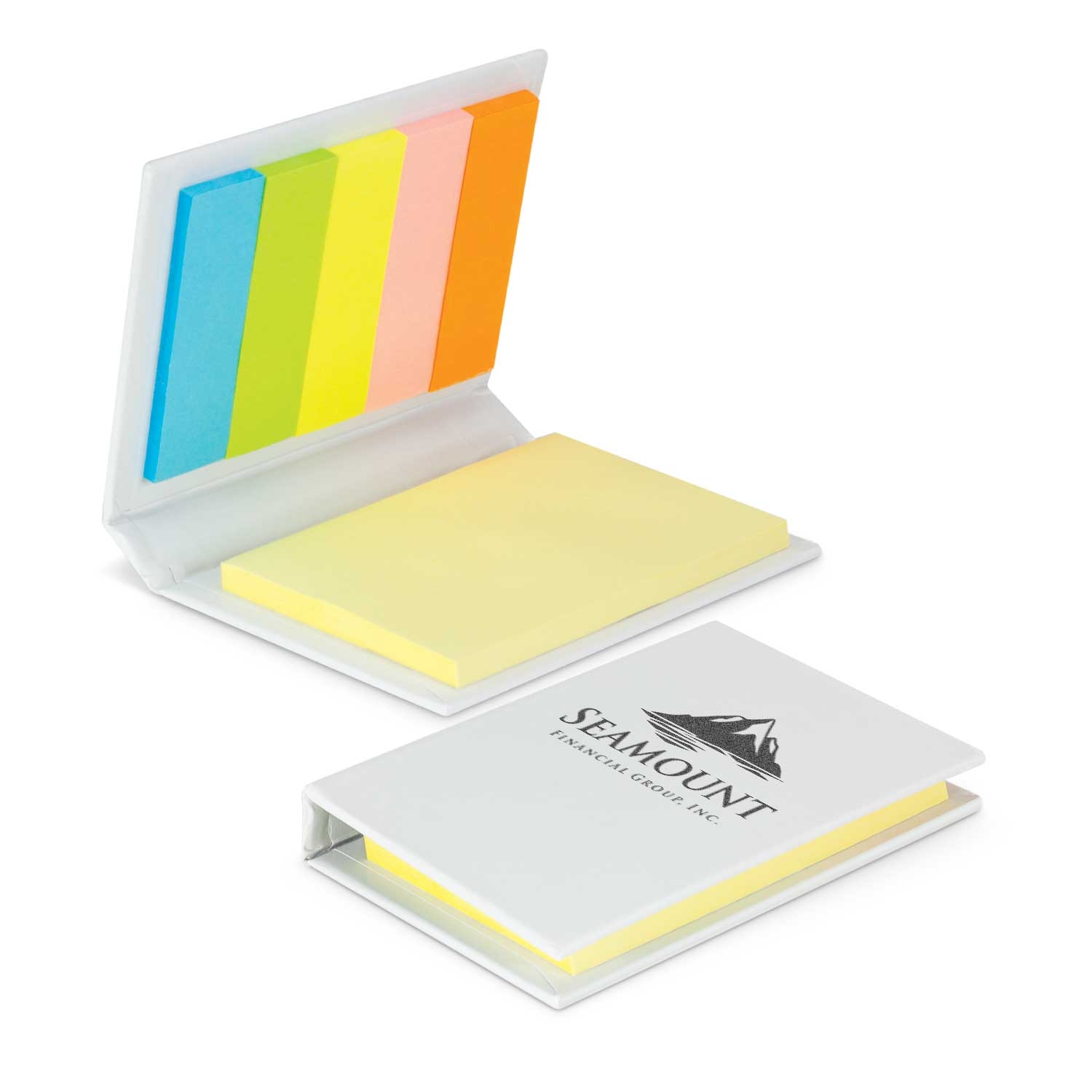 Post-It & Sticky Notes
Post-It & Sticky Notes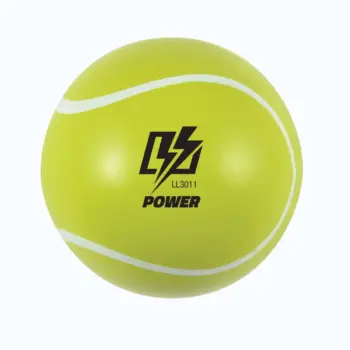
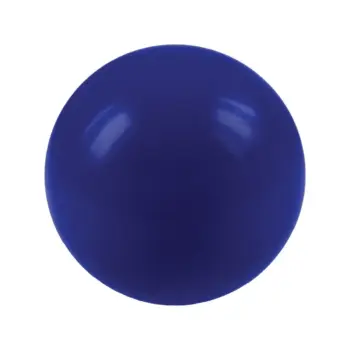

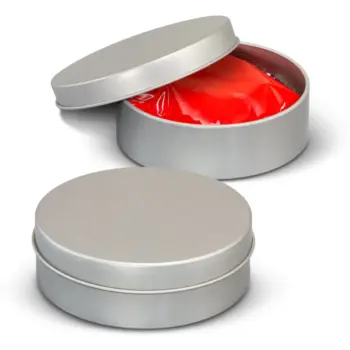
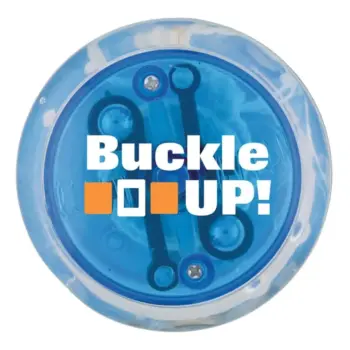
 Card Decks
Card Decks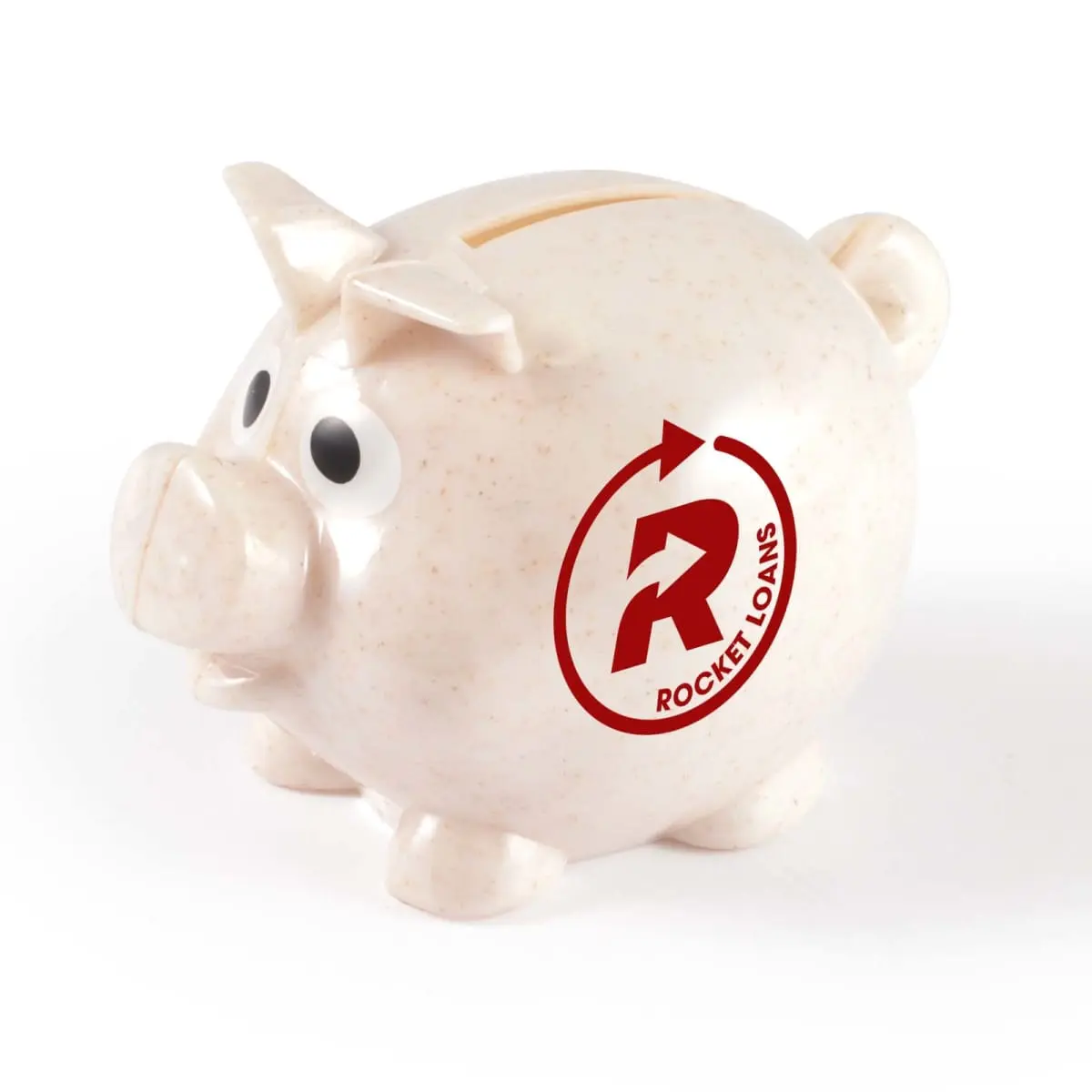 Coin Banks
Coin Banks Conference Toys
Conference Toys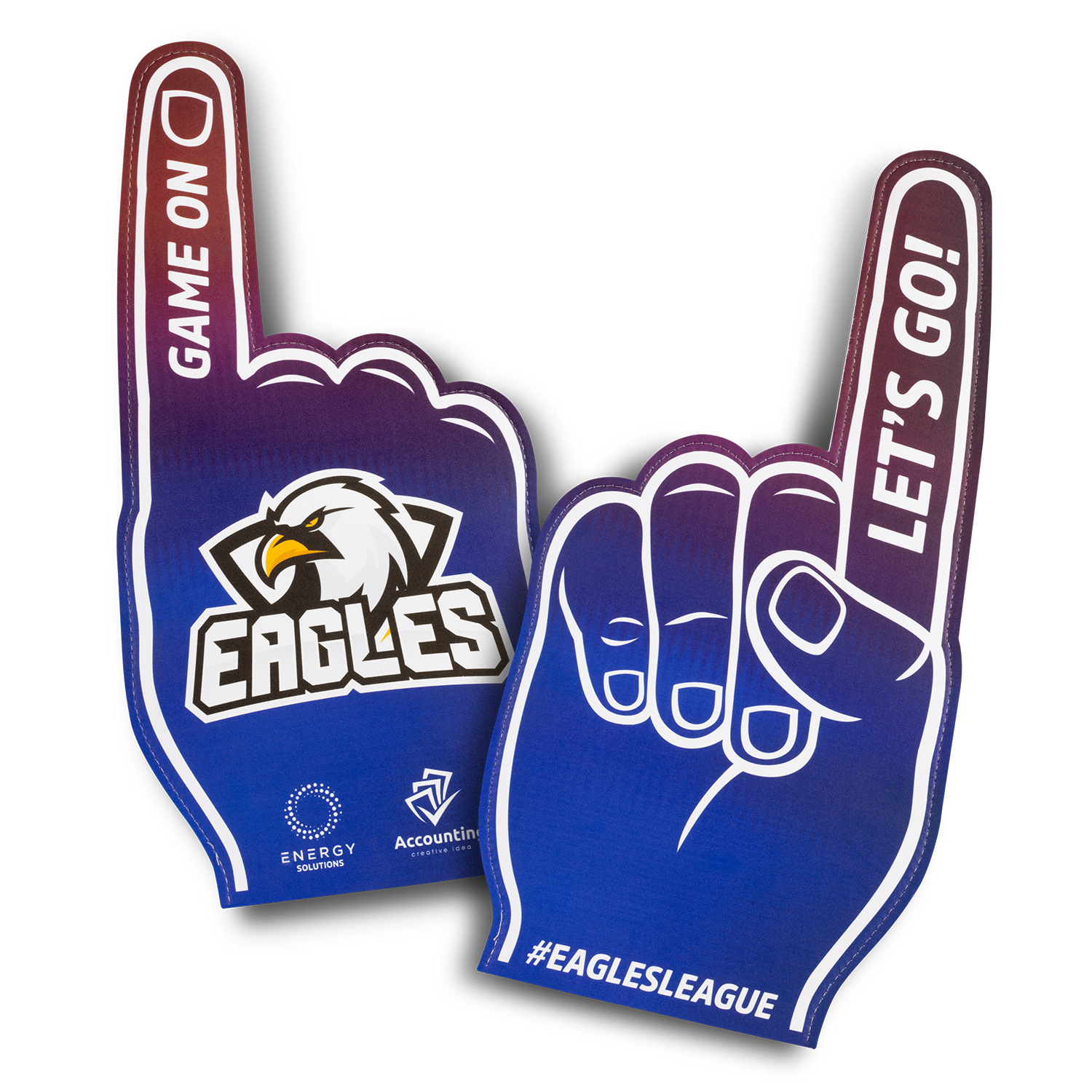 Event Toys
Event Toys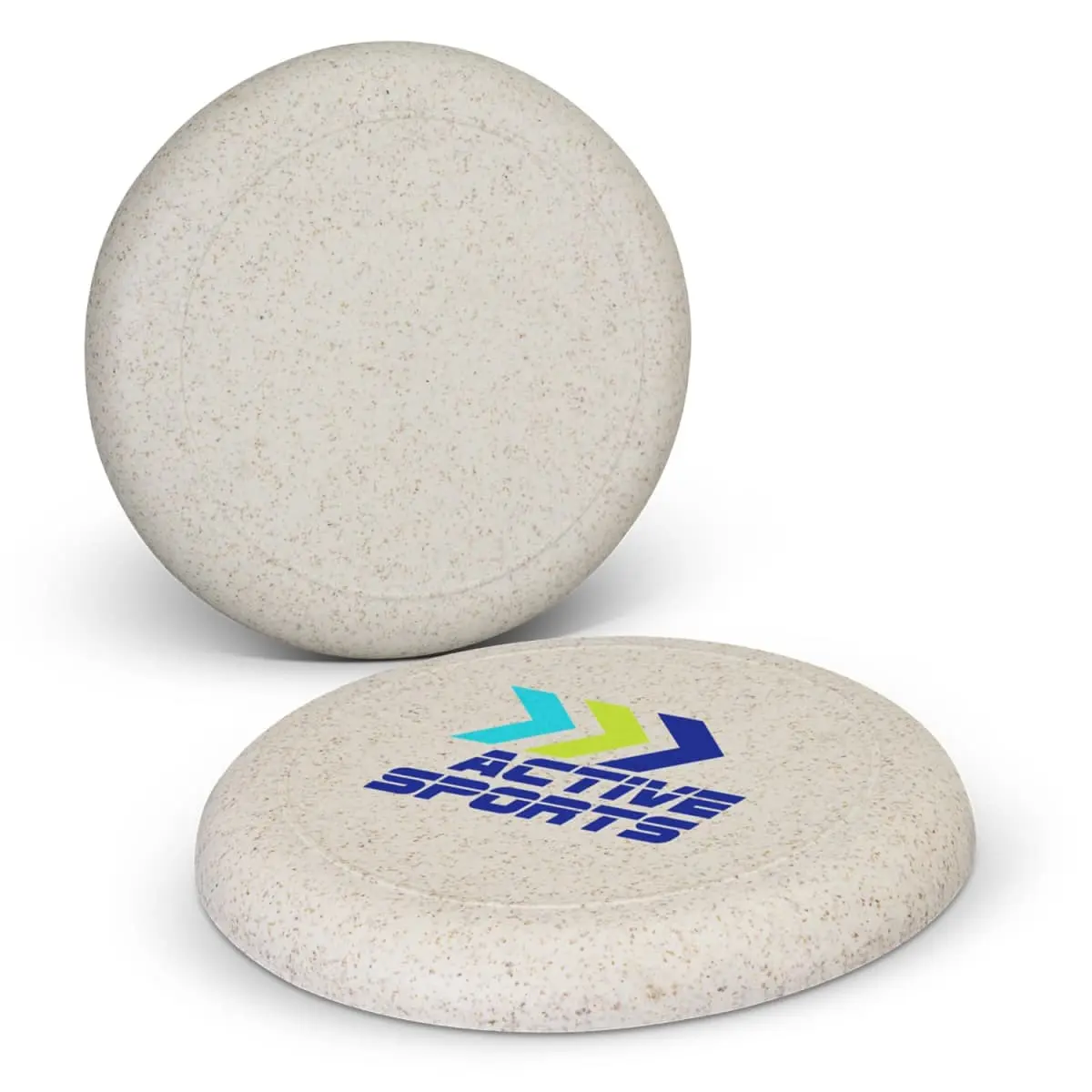 Frisbees
Frisbees Games & Puzzles
Games & Puzzles Kids
Kids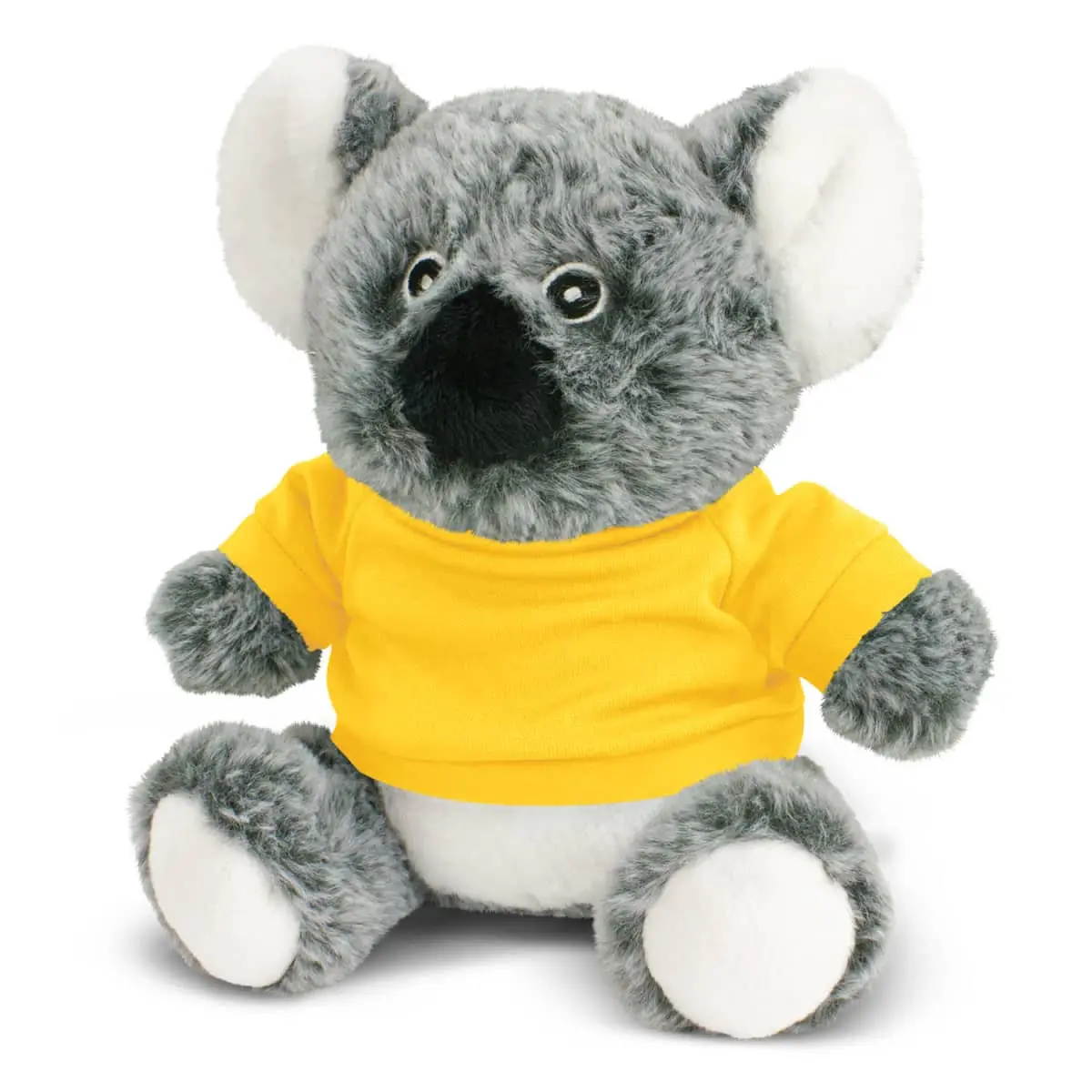 Plush Toys
Plush Toys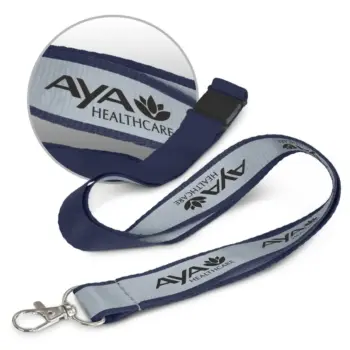
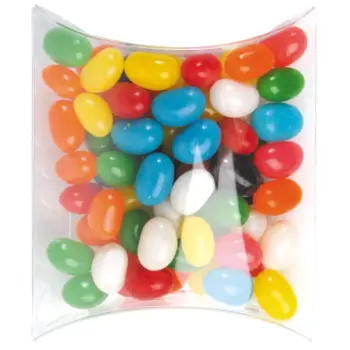
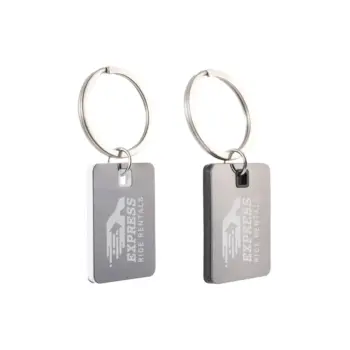


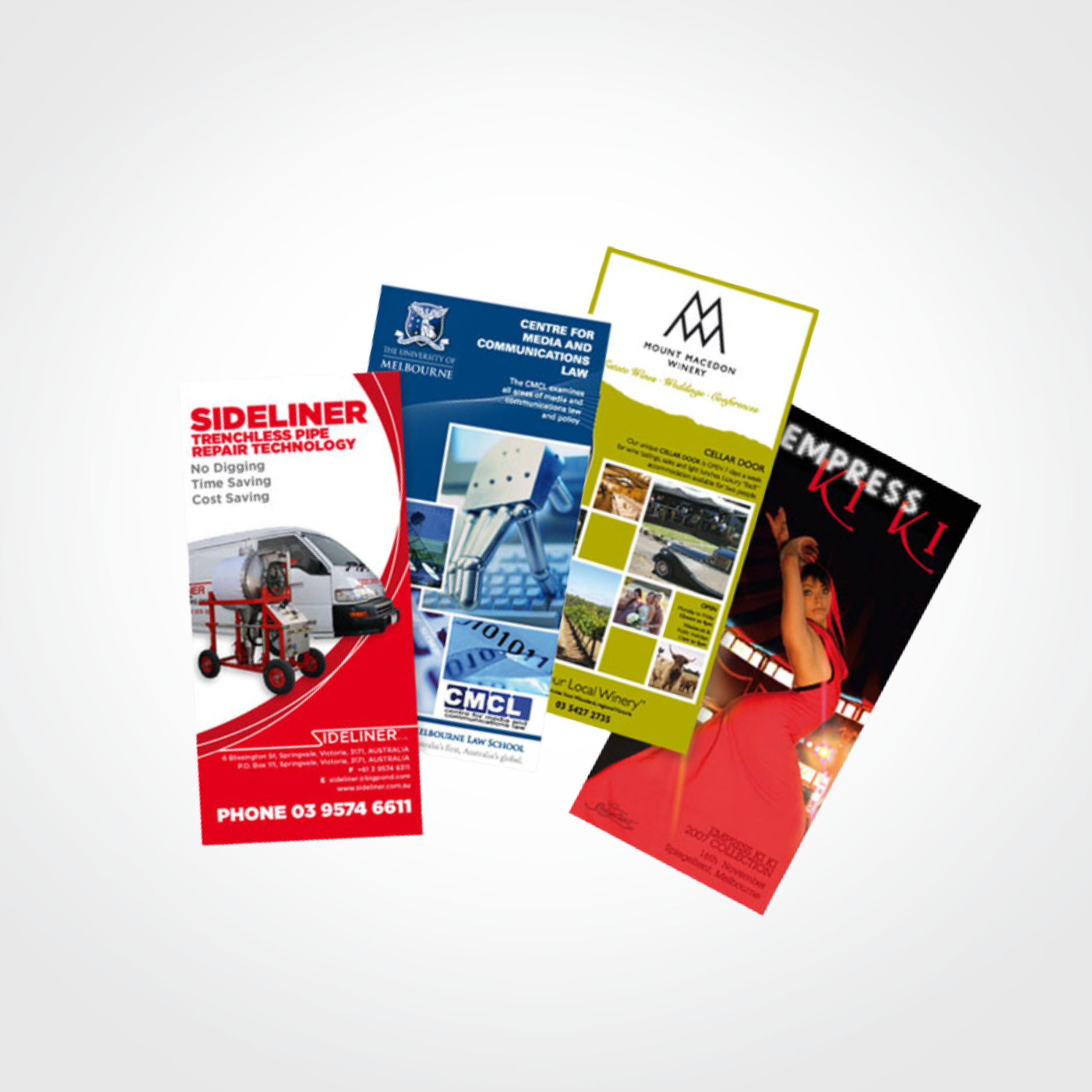 Print | Signage
Print | Signage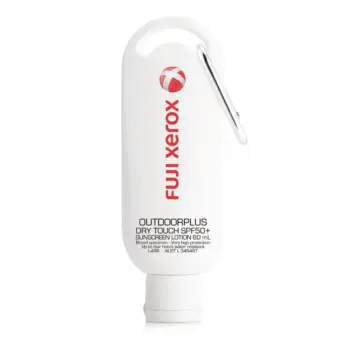
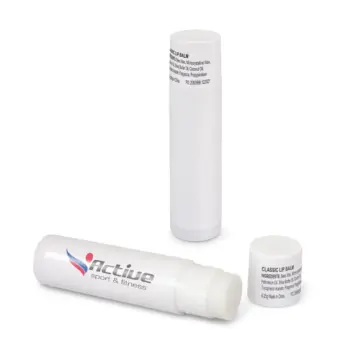
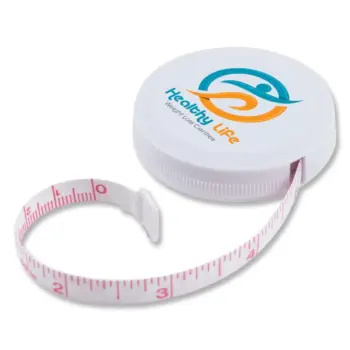
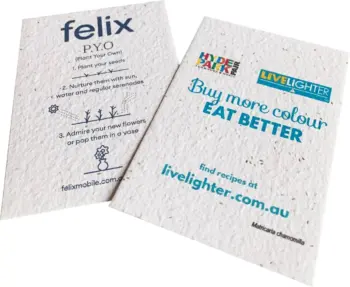
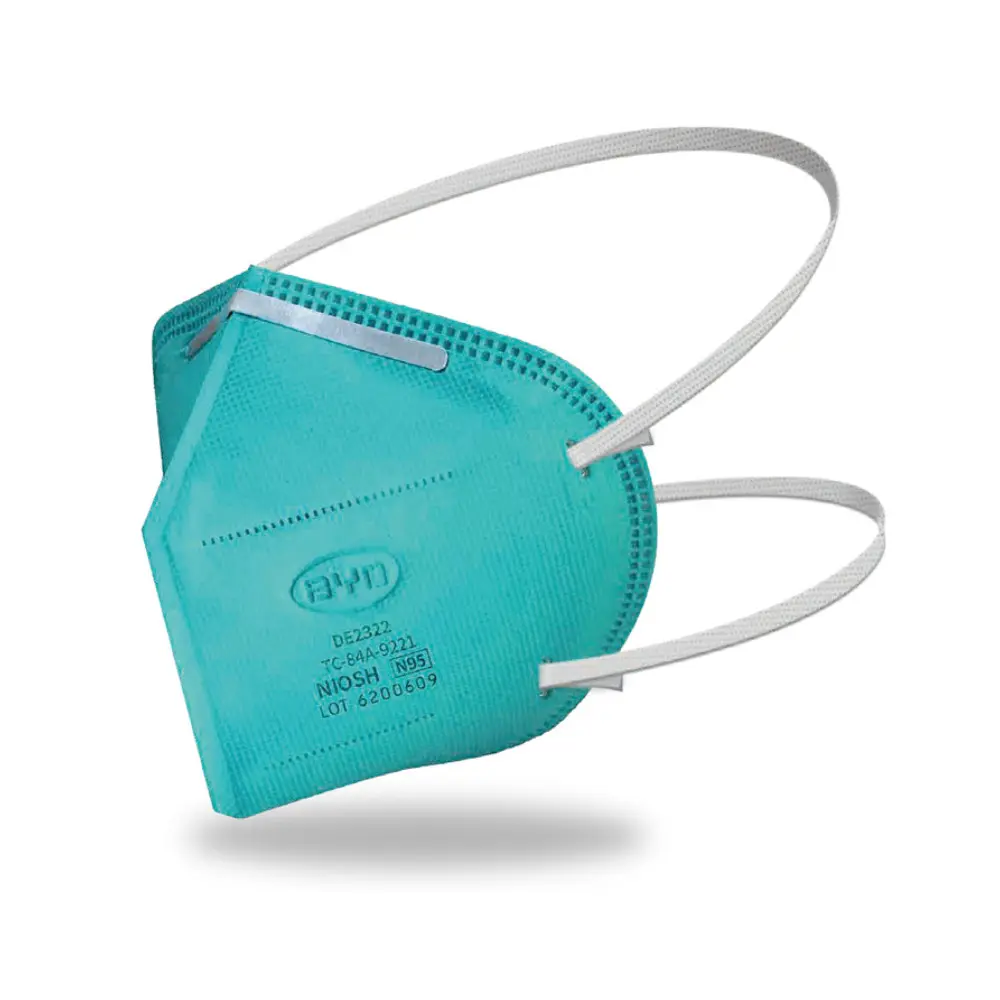 Antibacterial
Antibacterial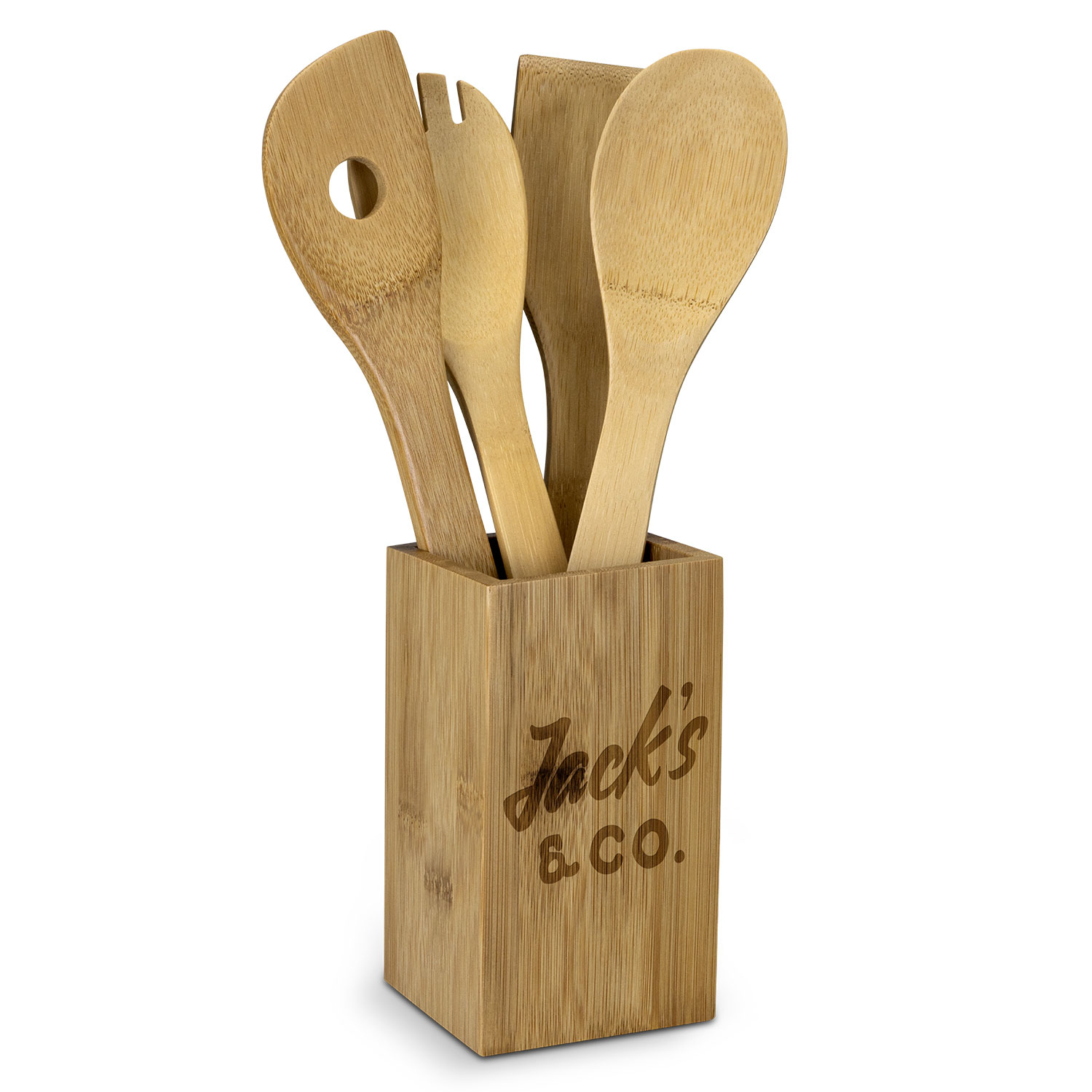 Eco Products
Eco Products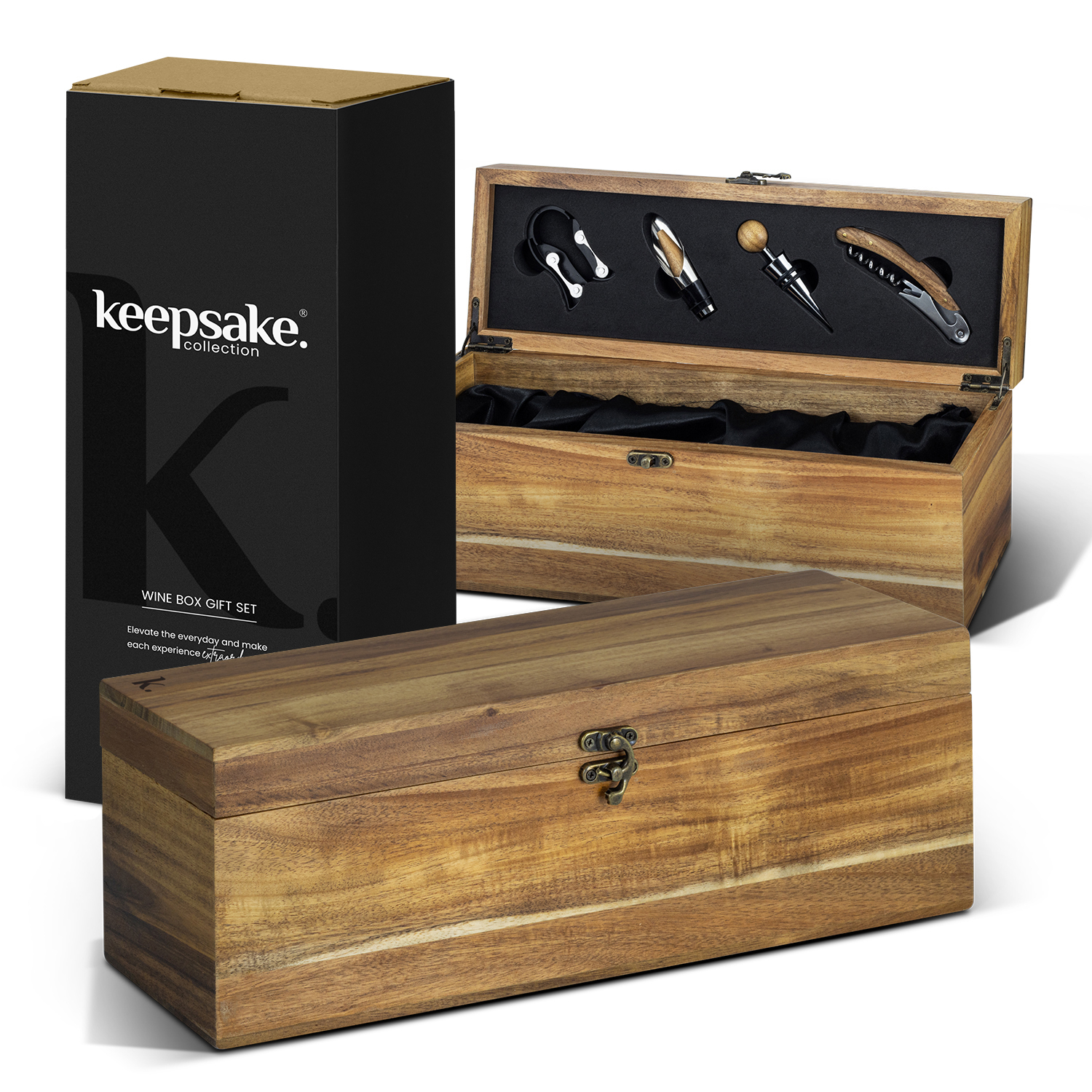 Gift Box Sets
Gift Box Sets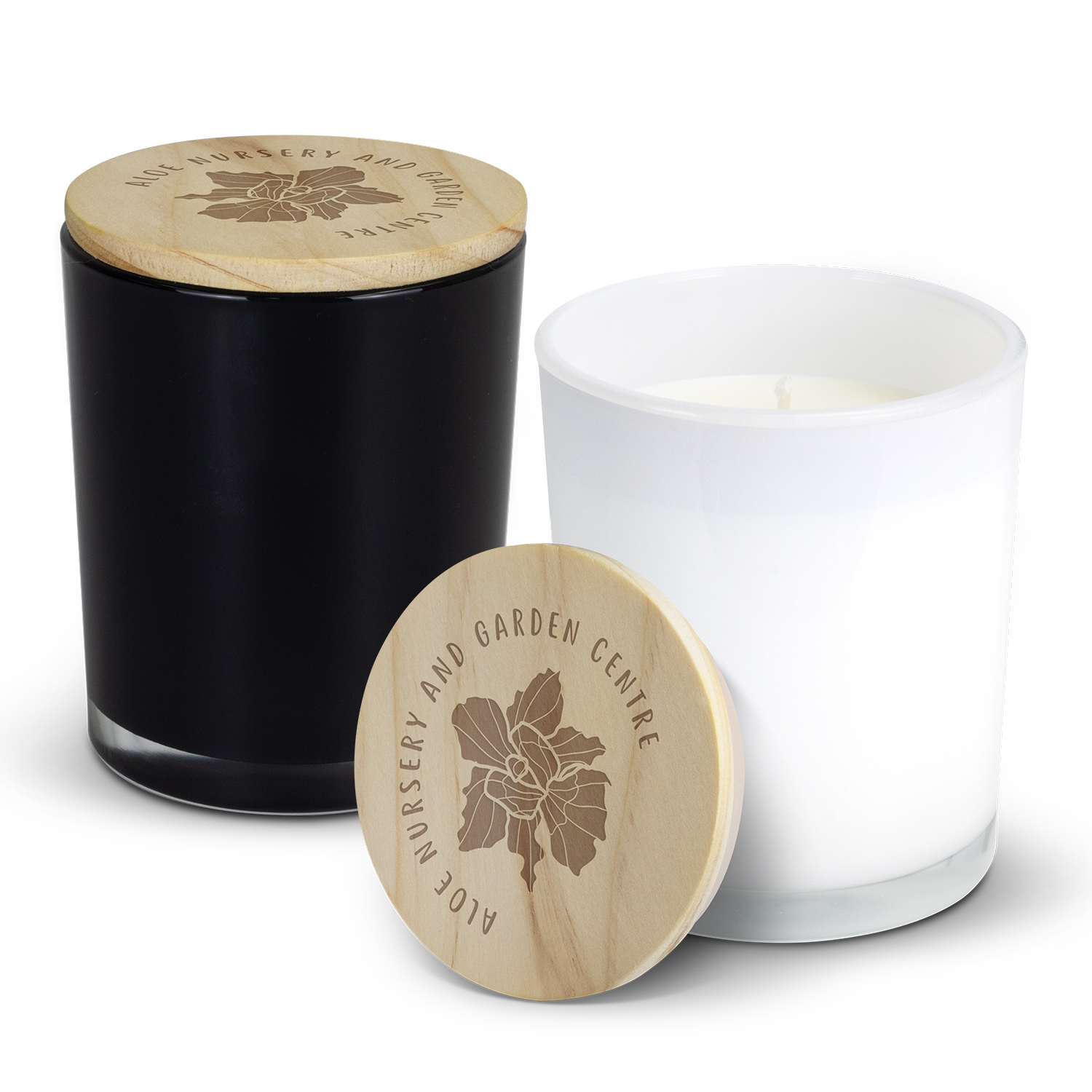 Homeware
Homeware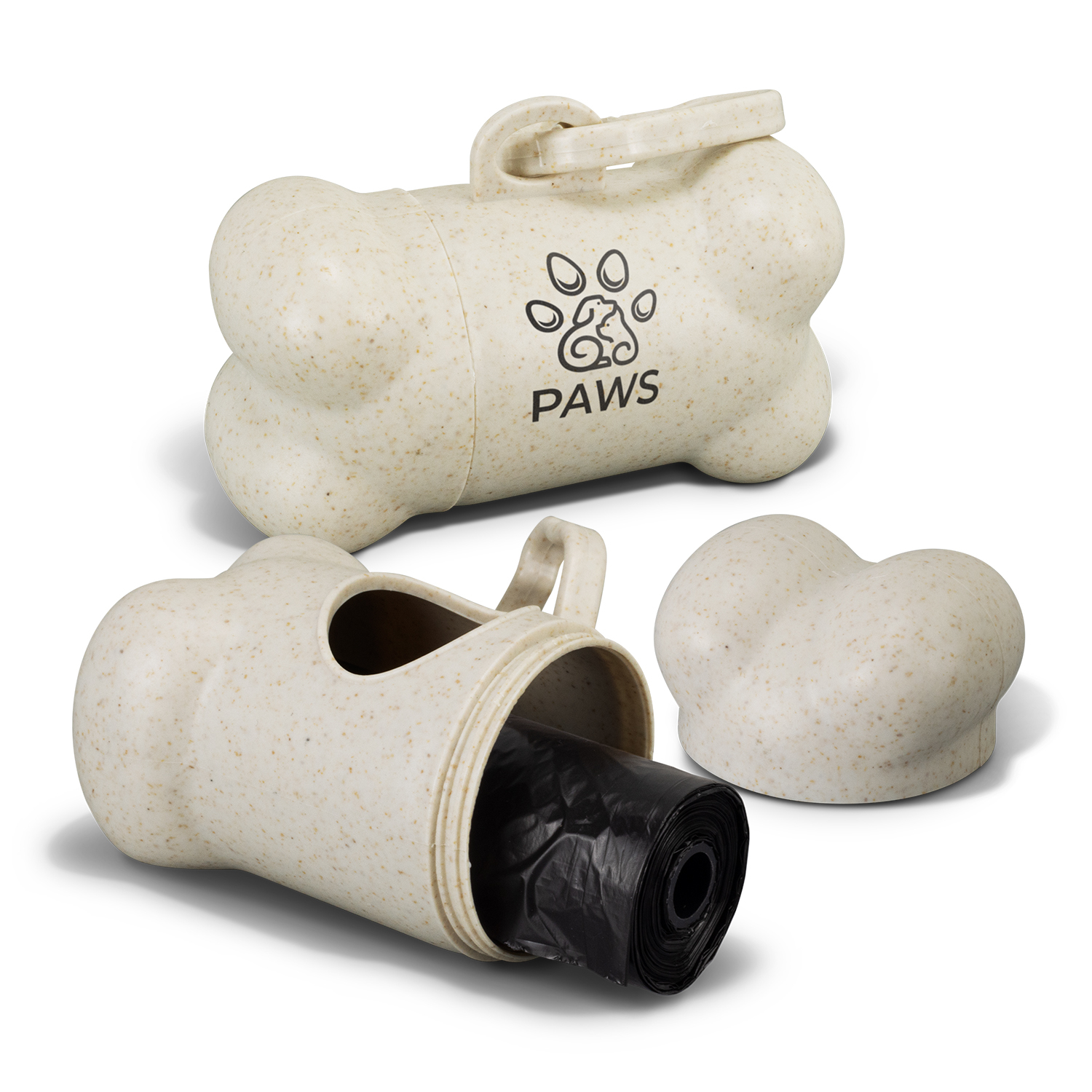 Pet Products
Pet Products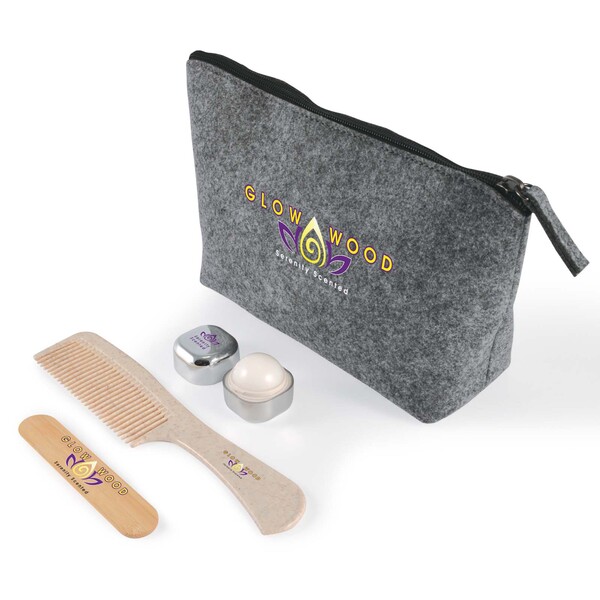 Personal Care
Personal Care Occasion Ideas
Occasion Ideas